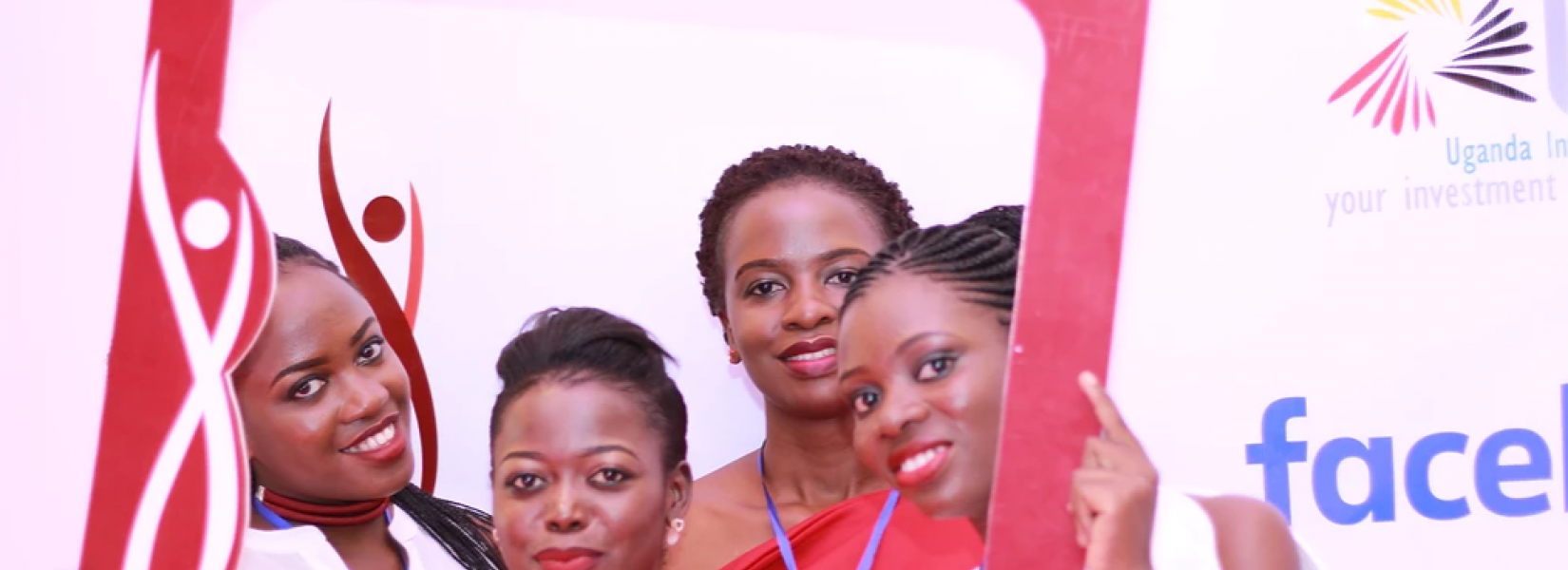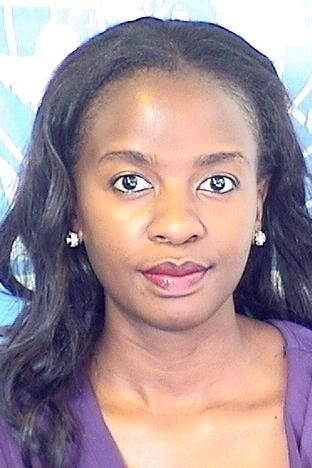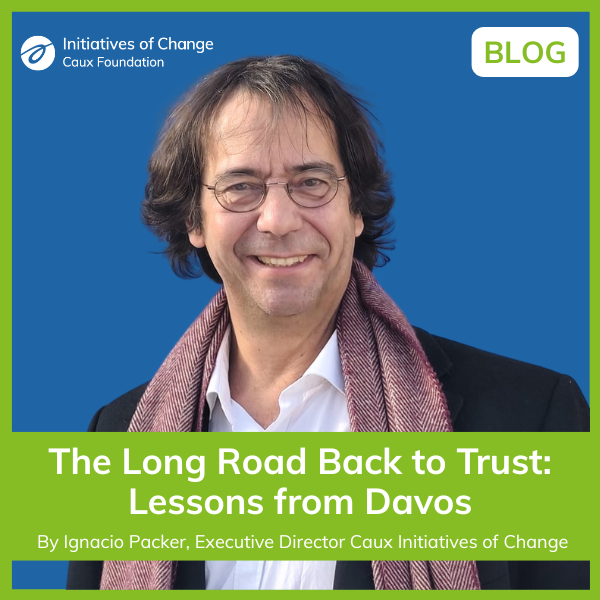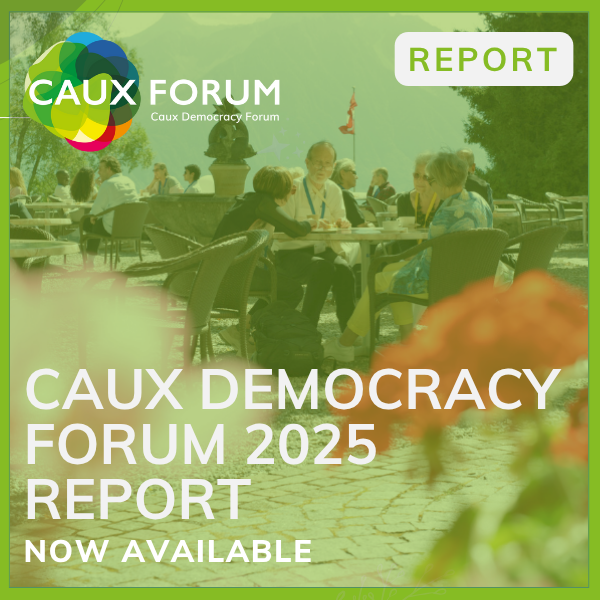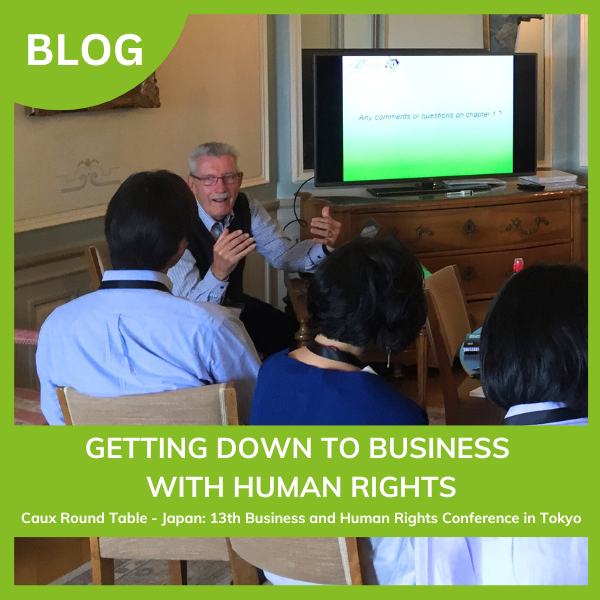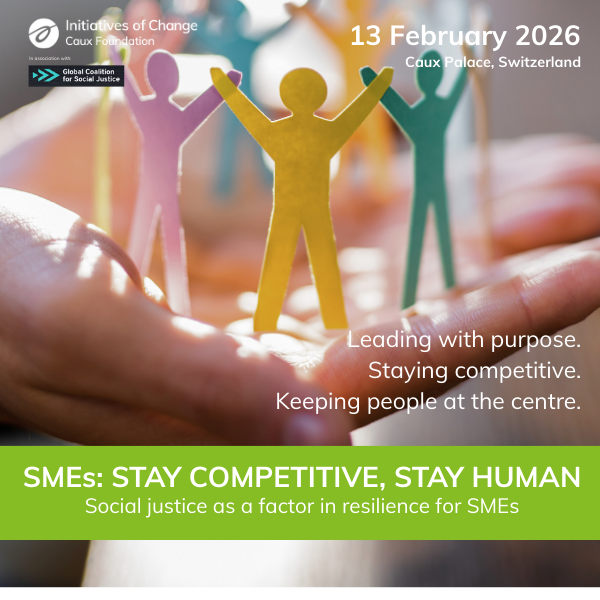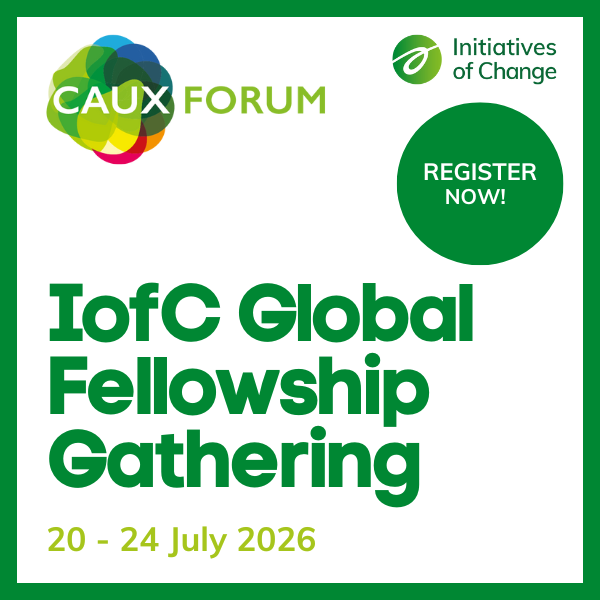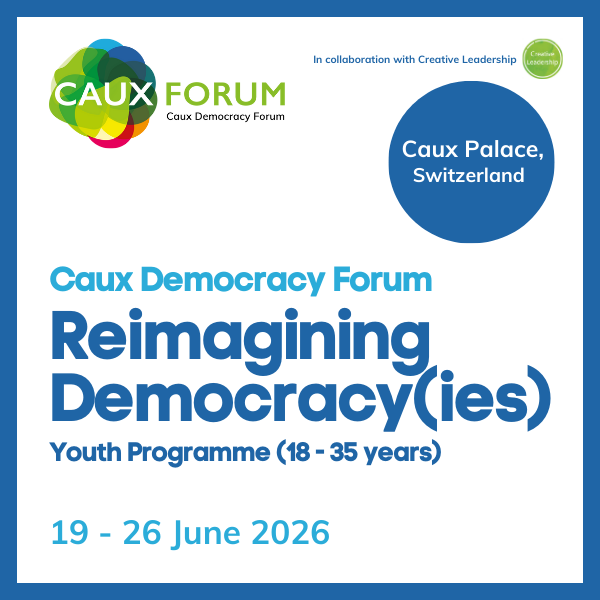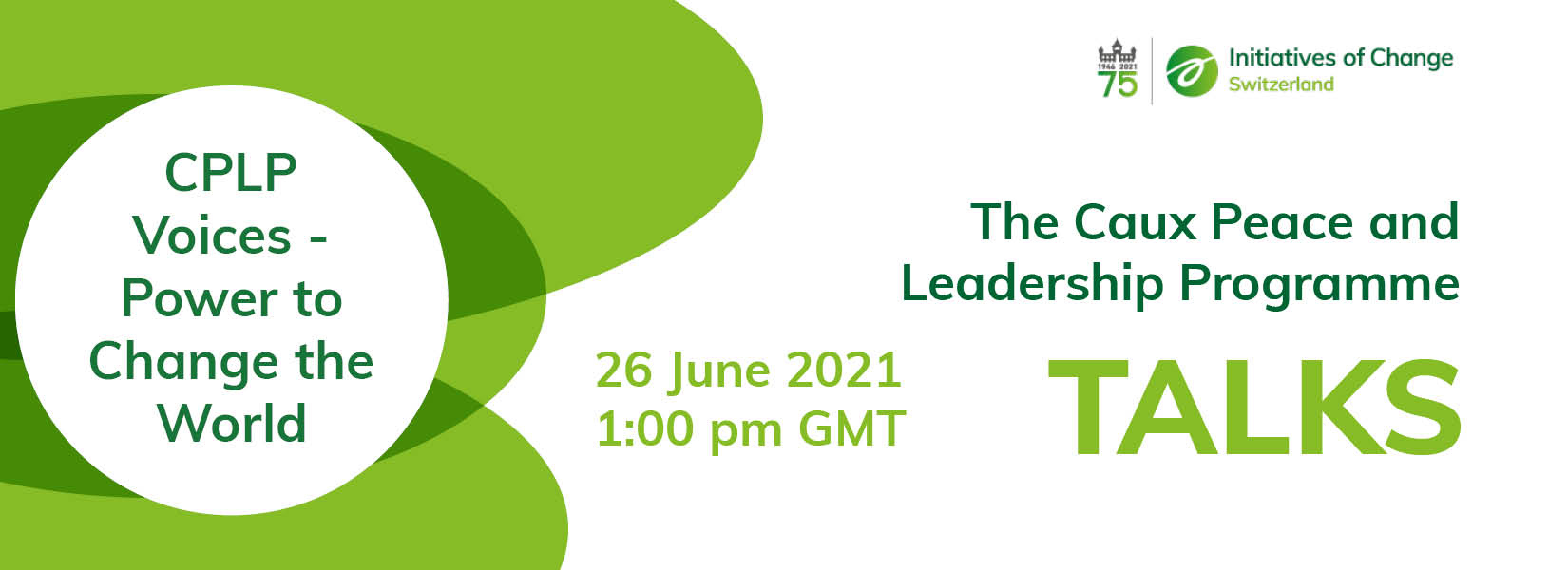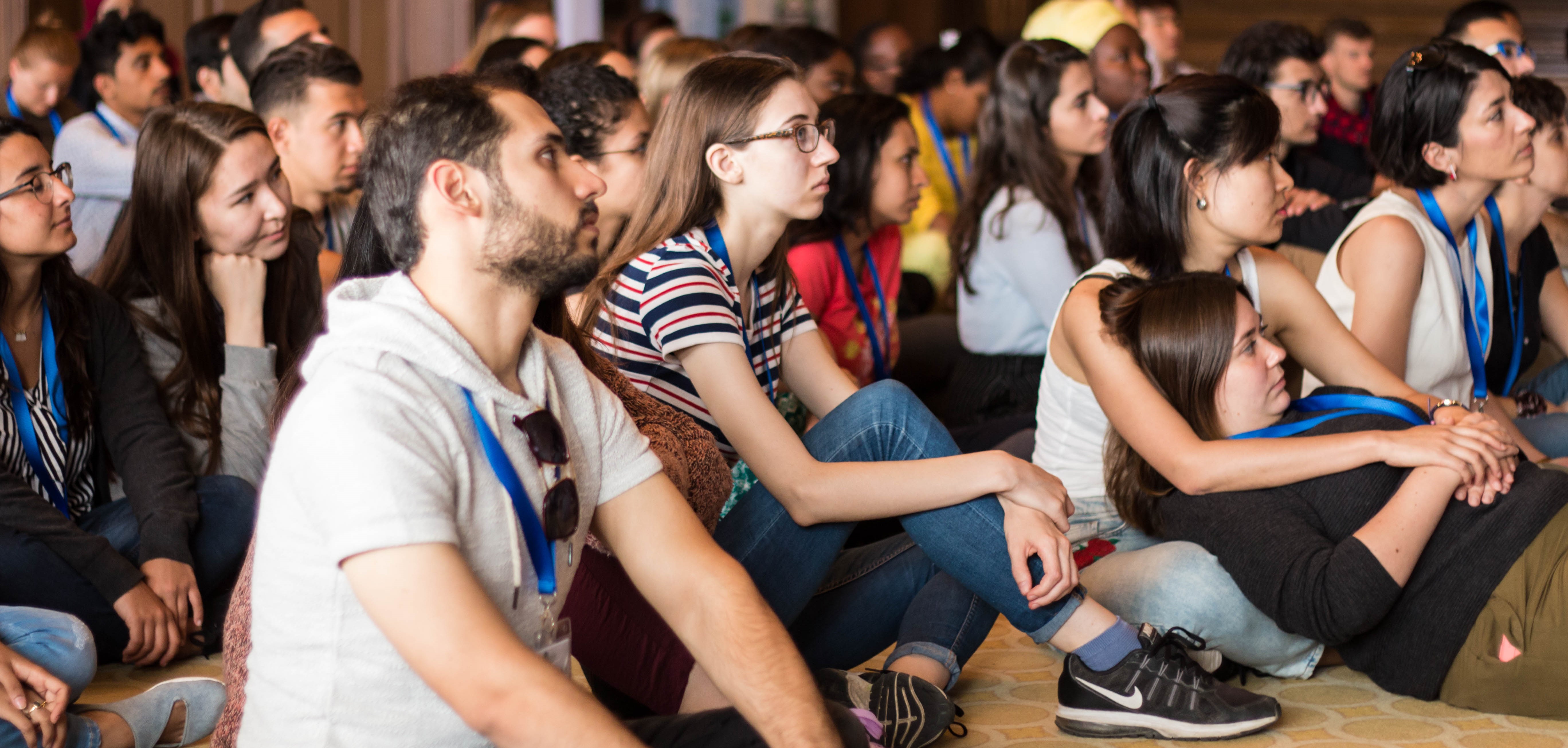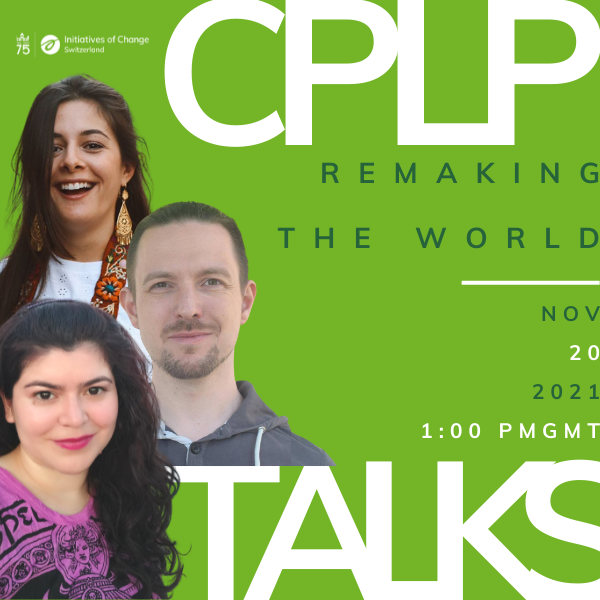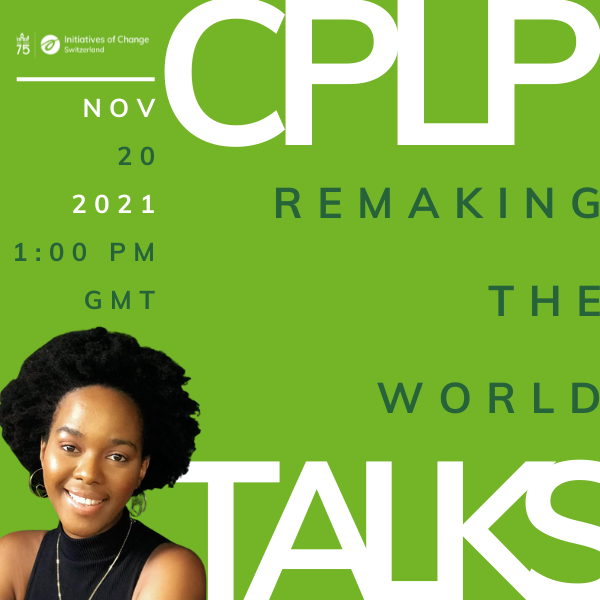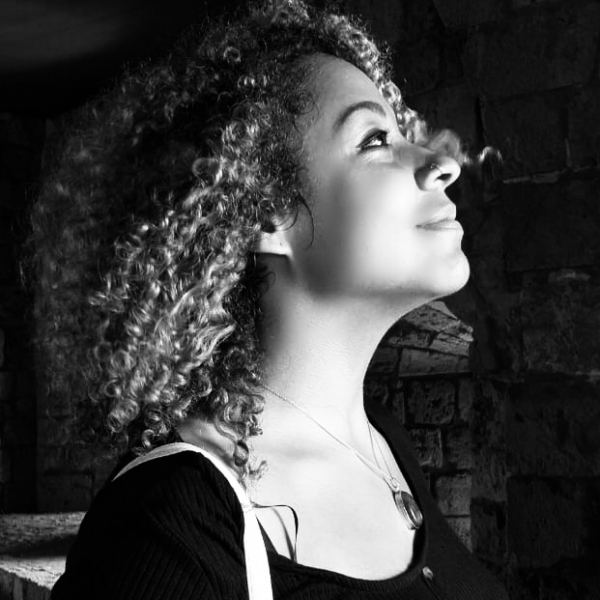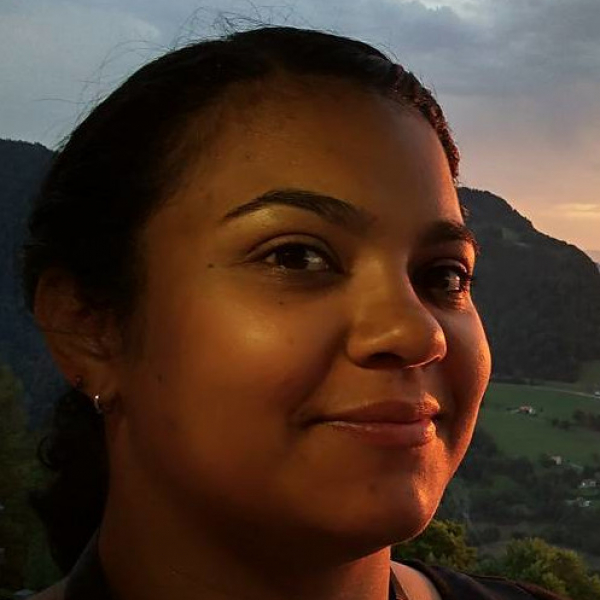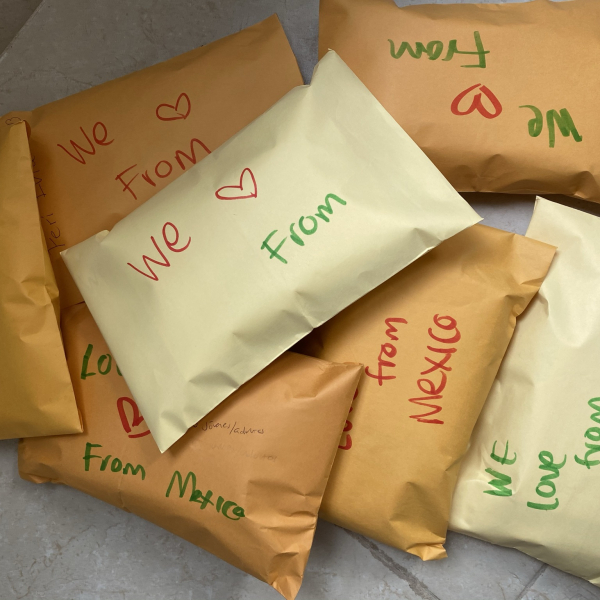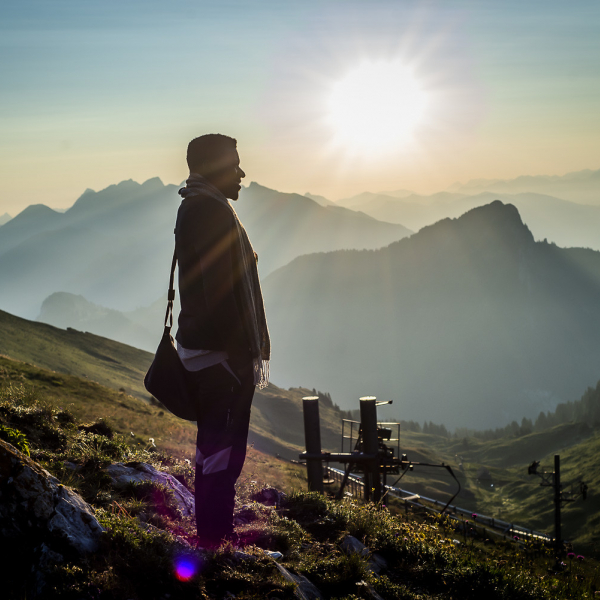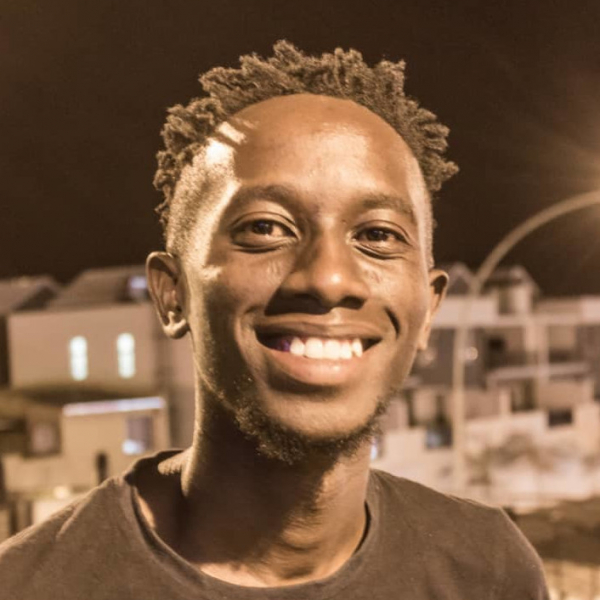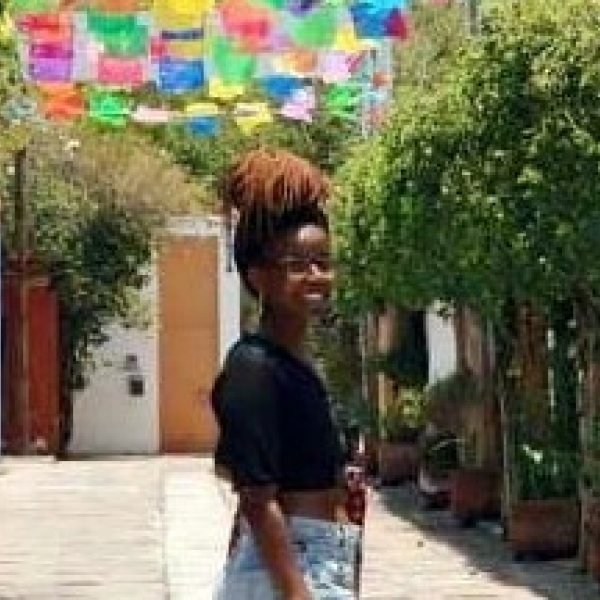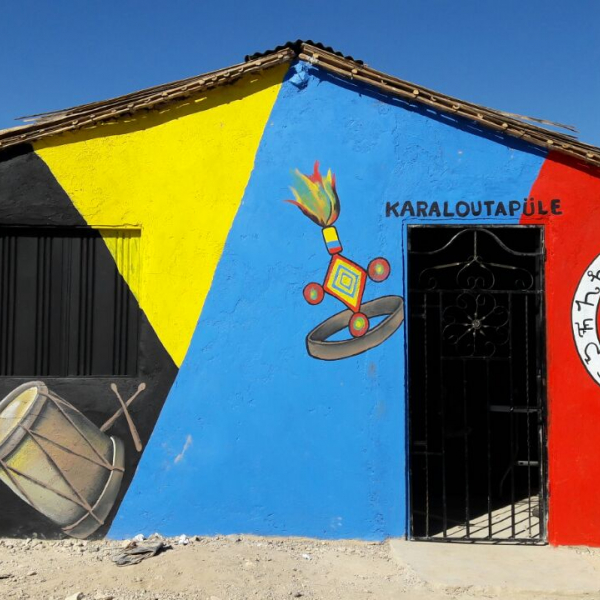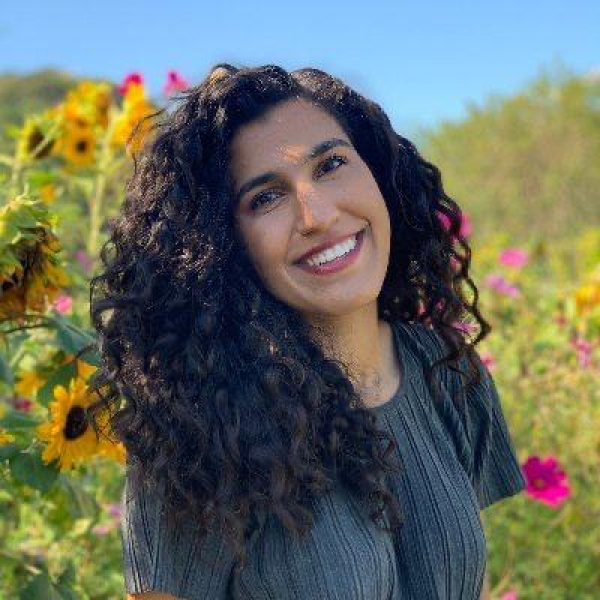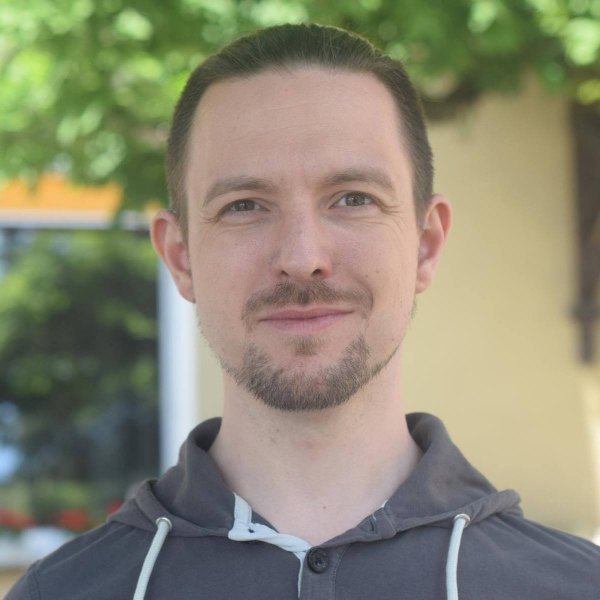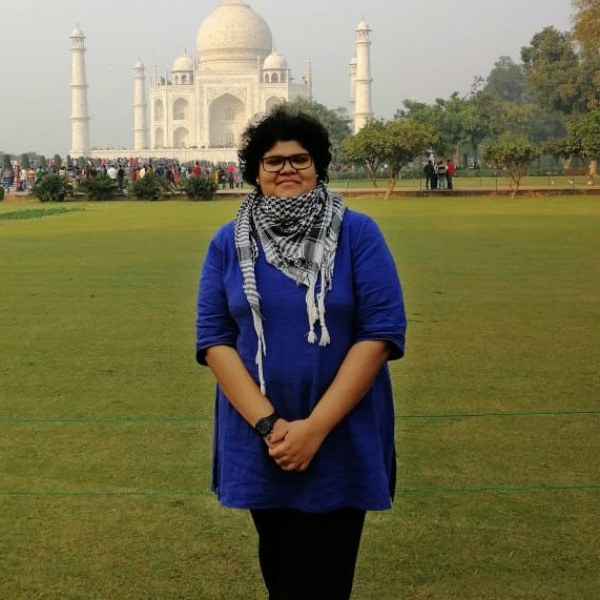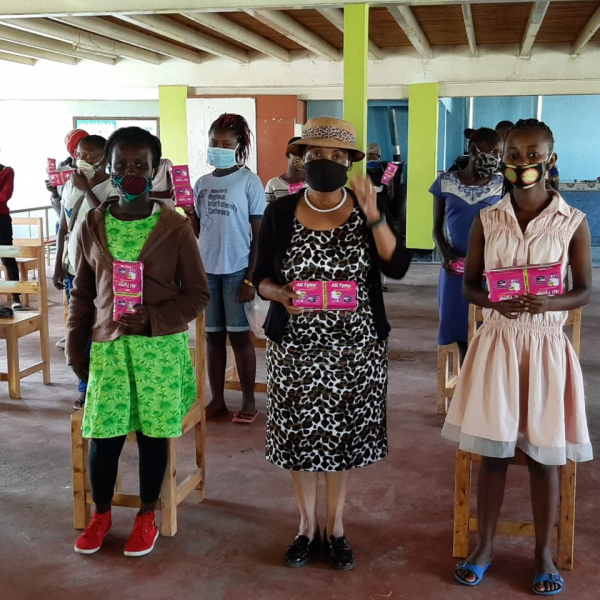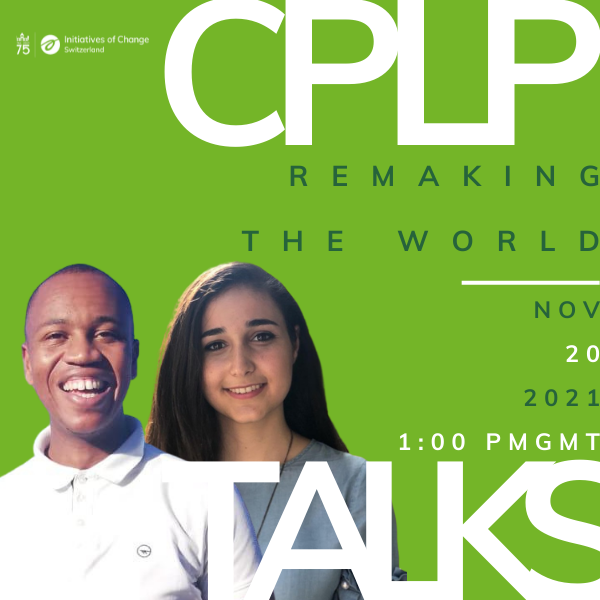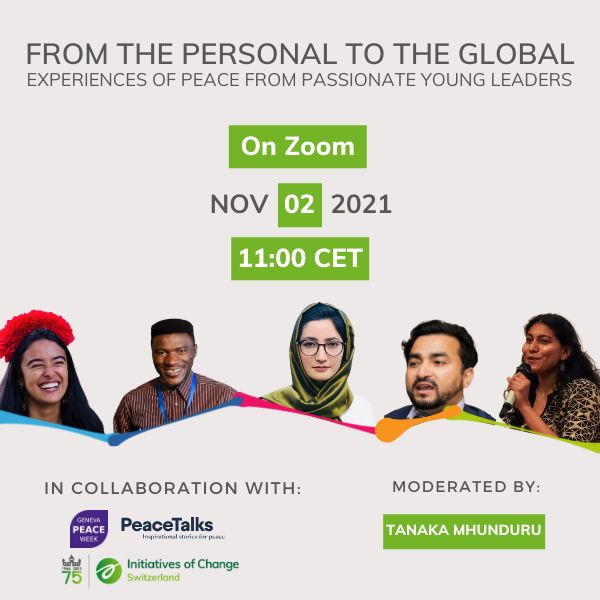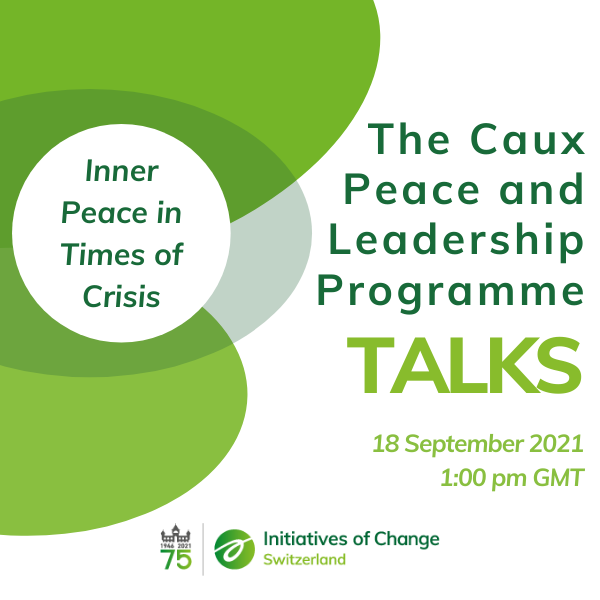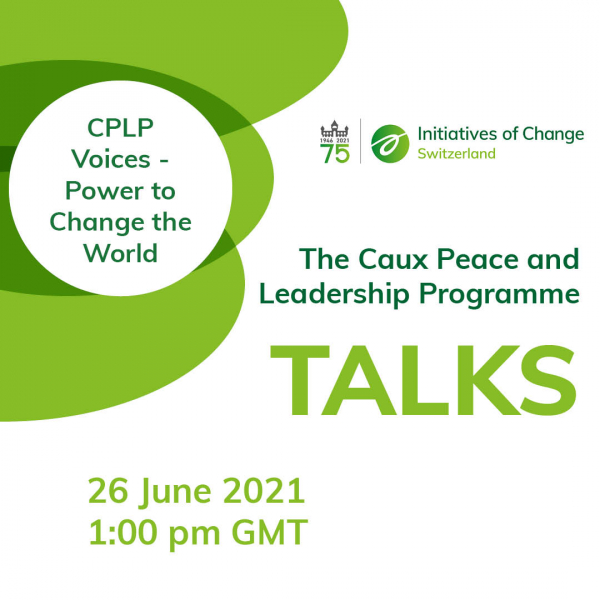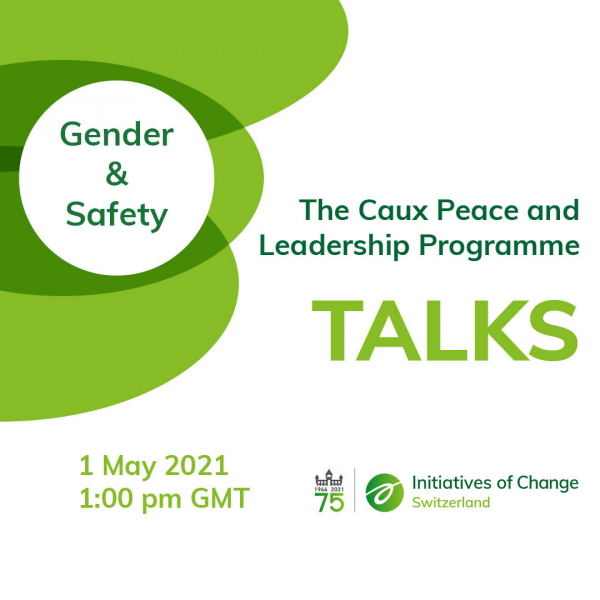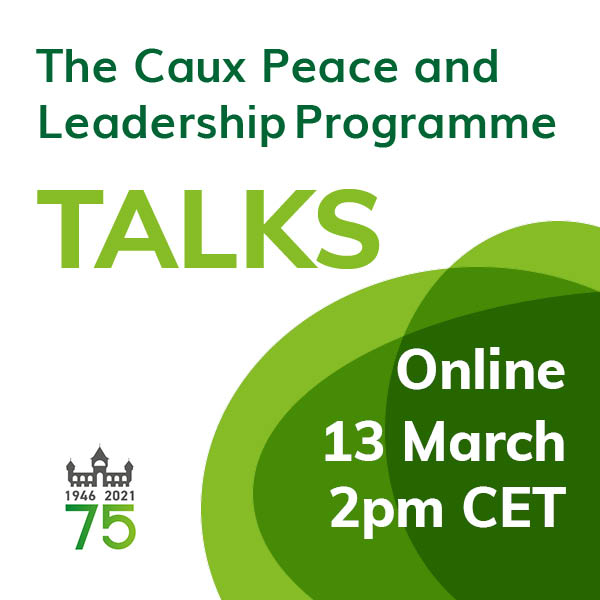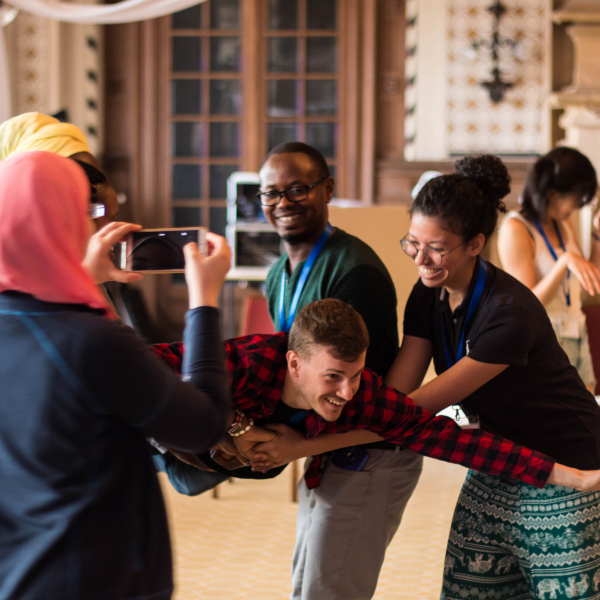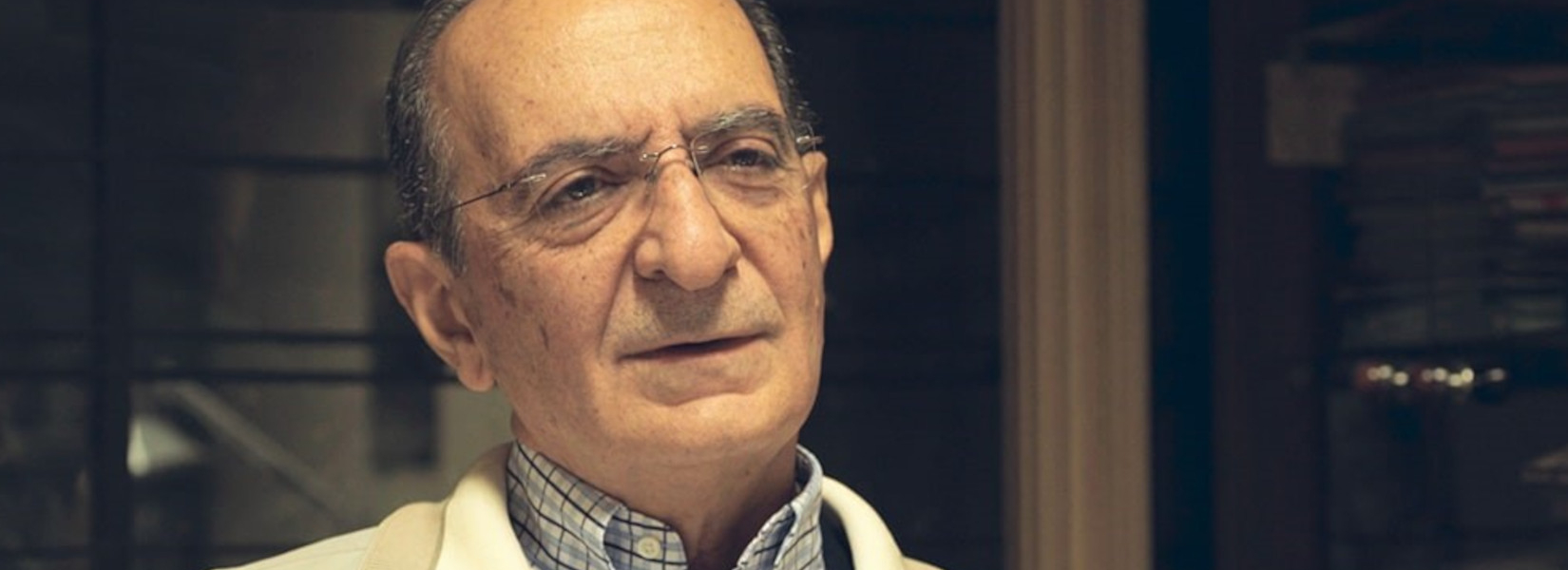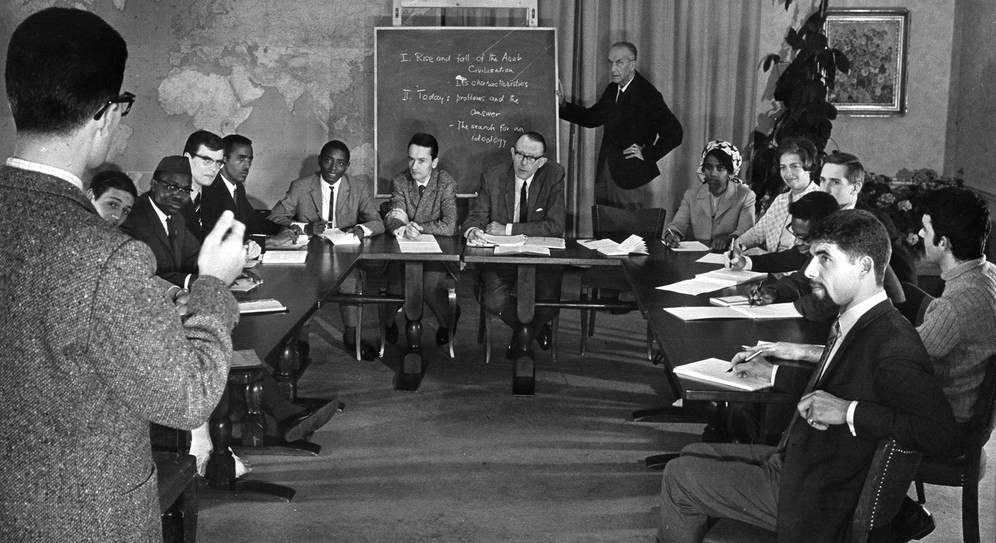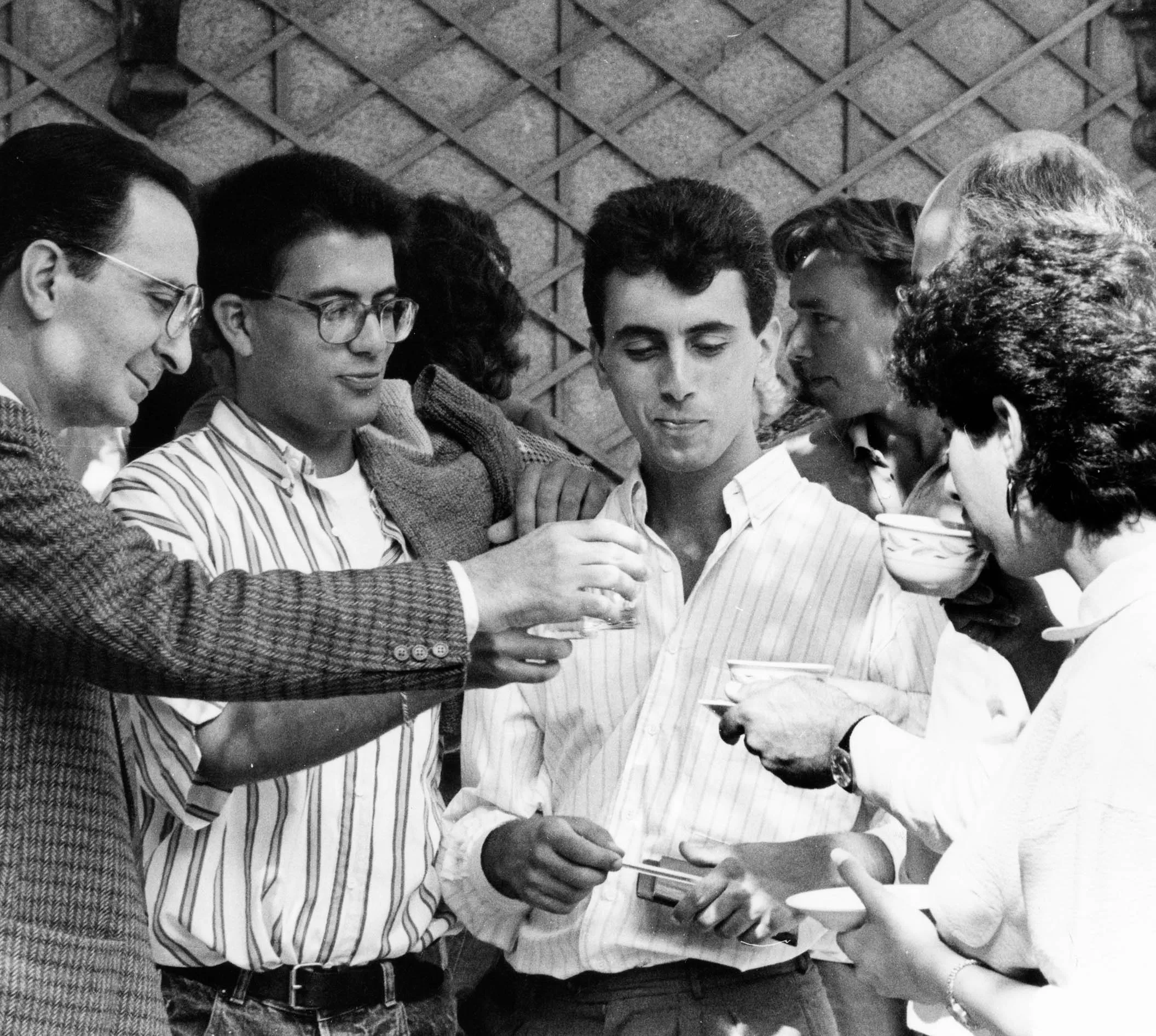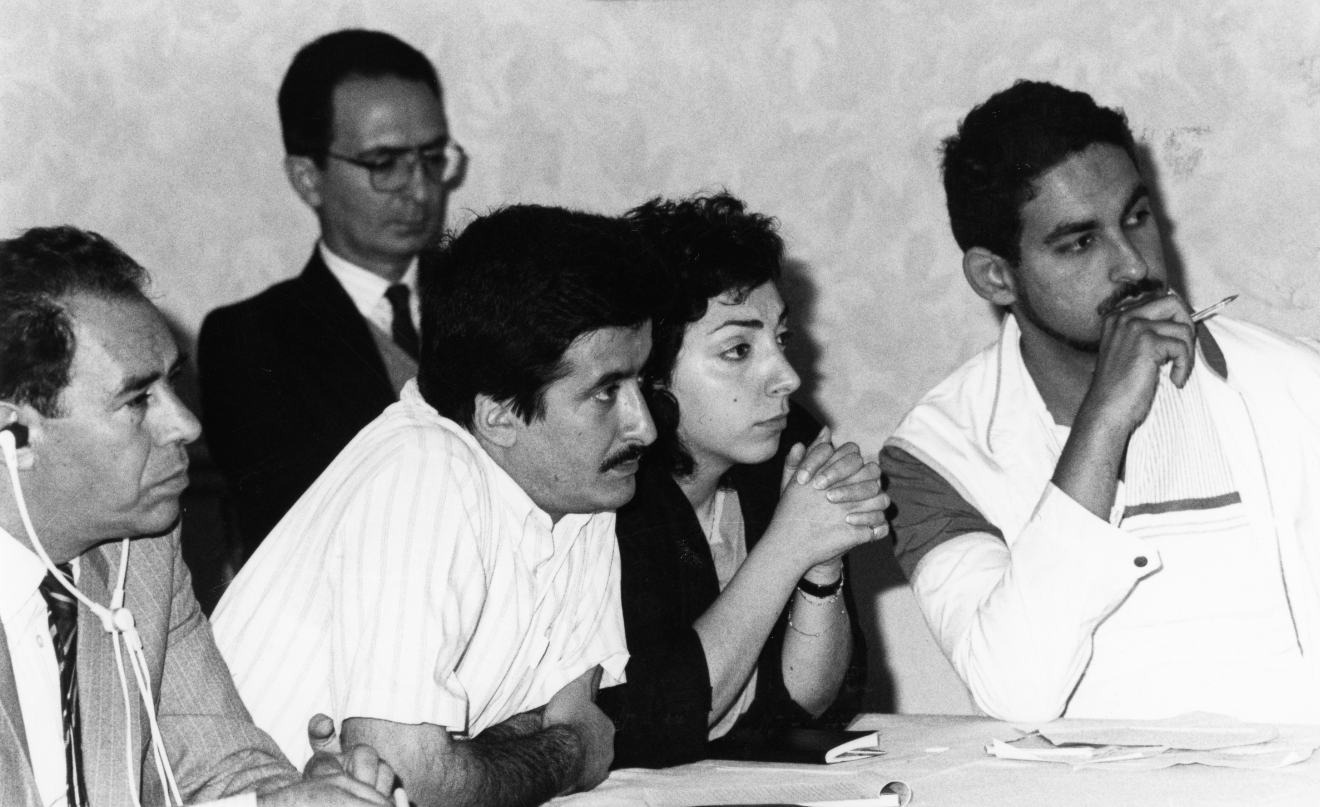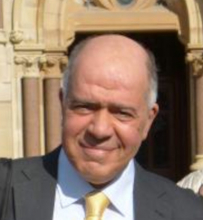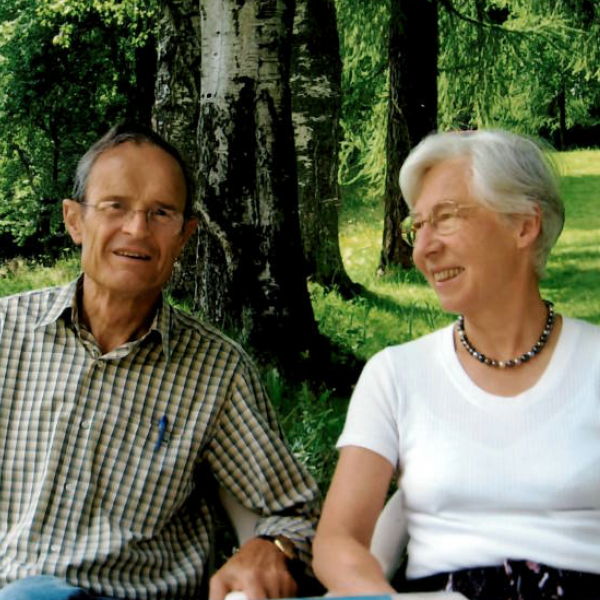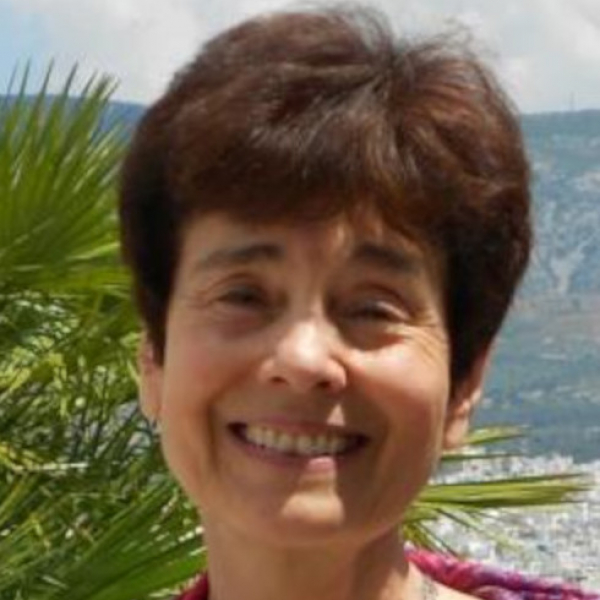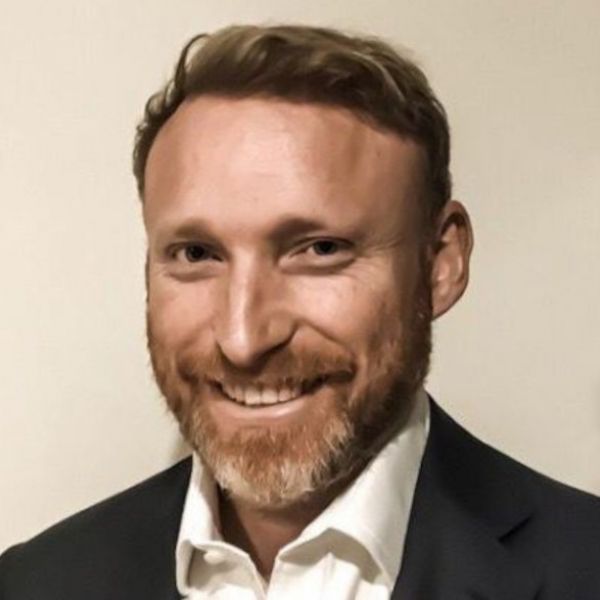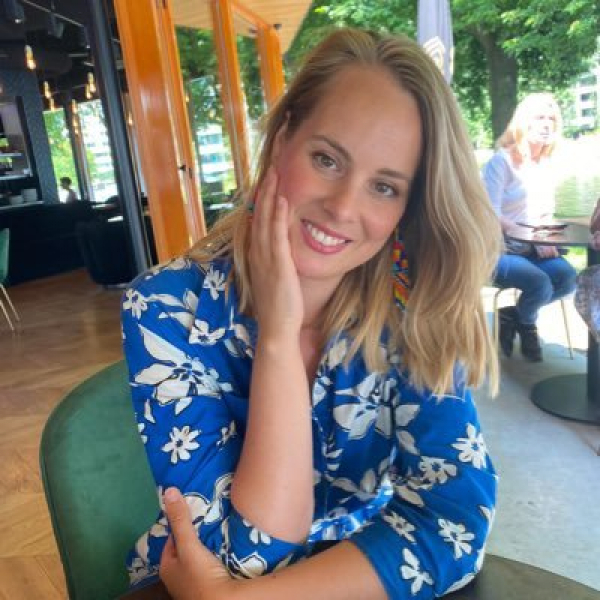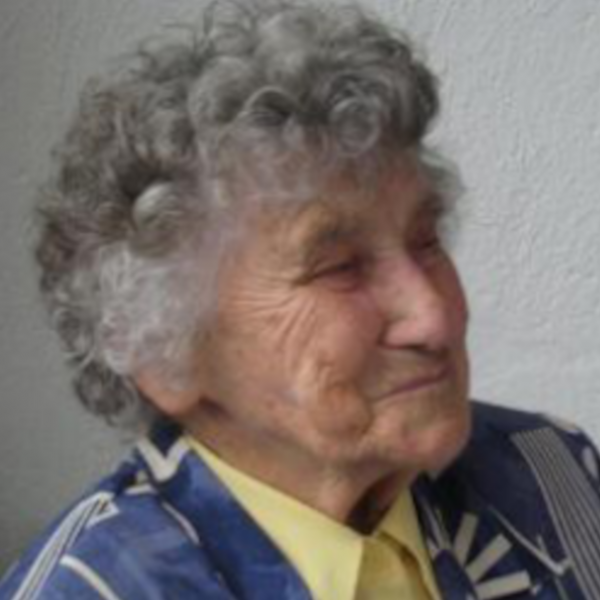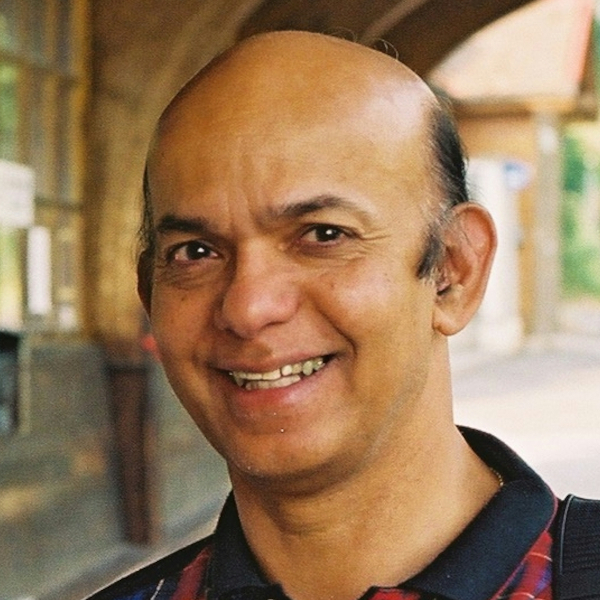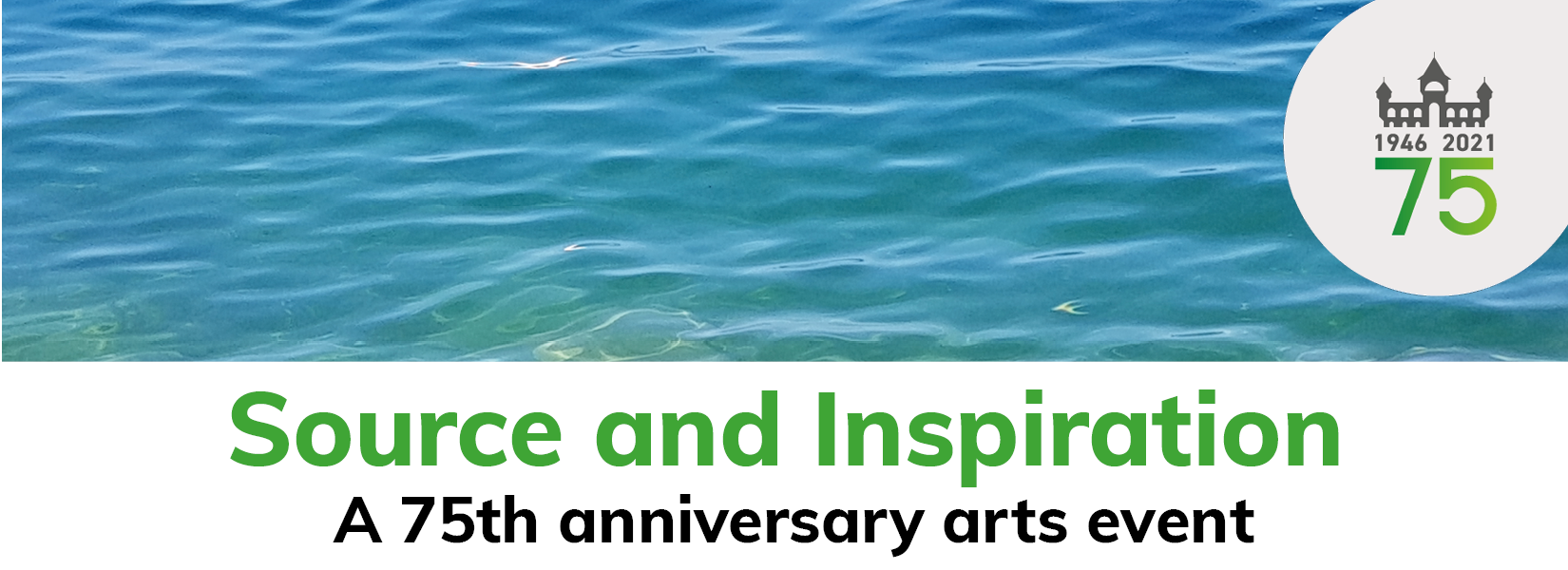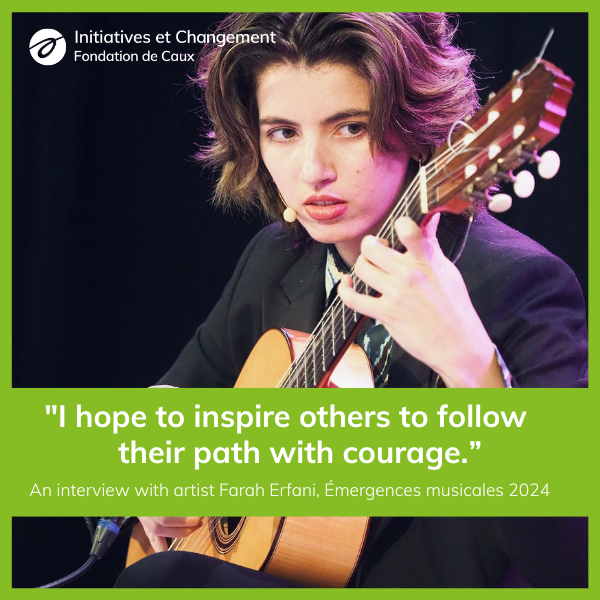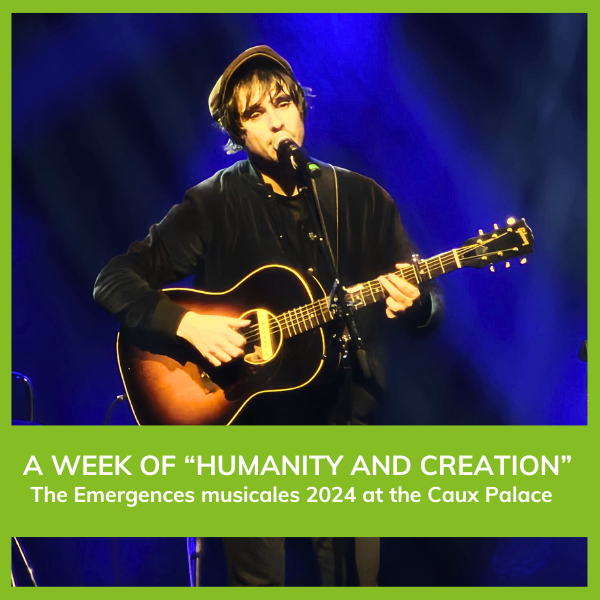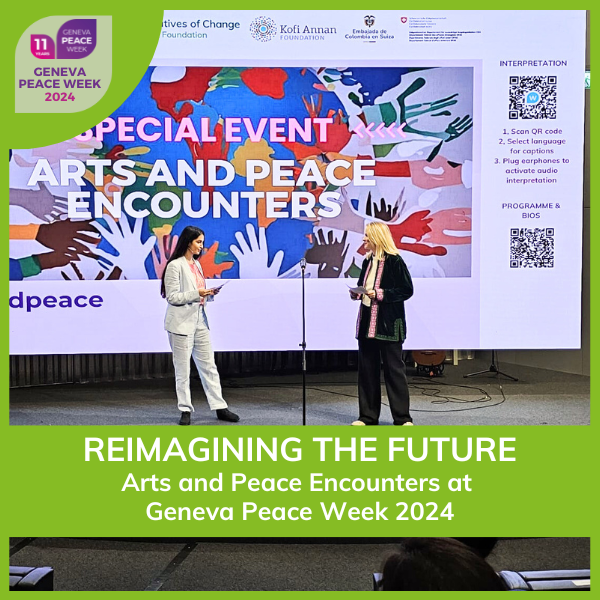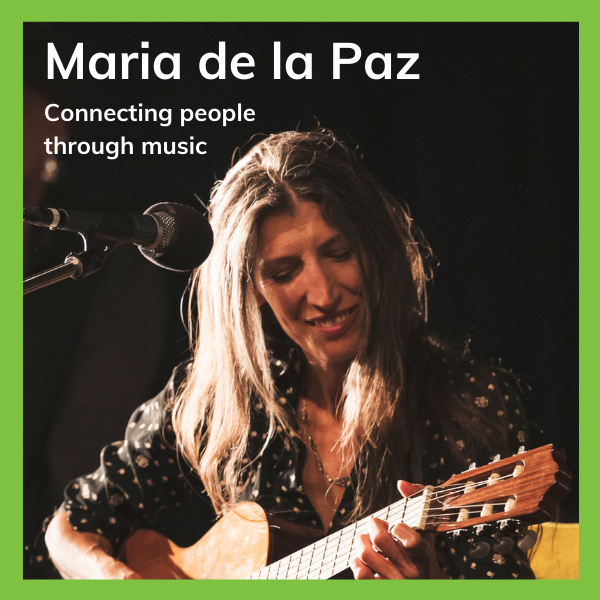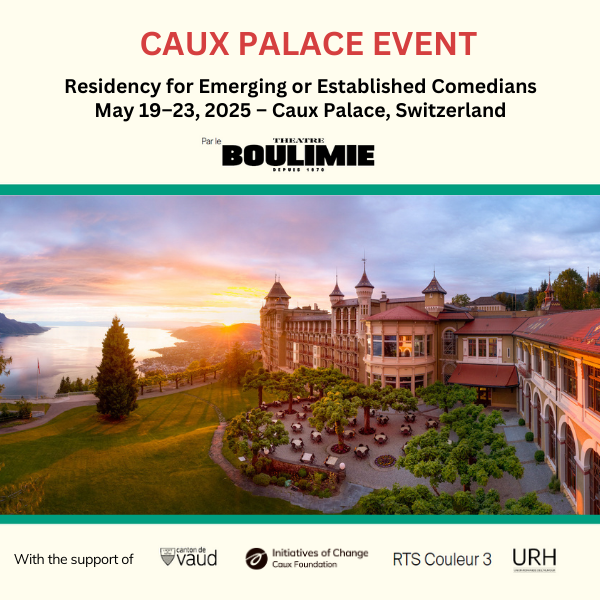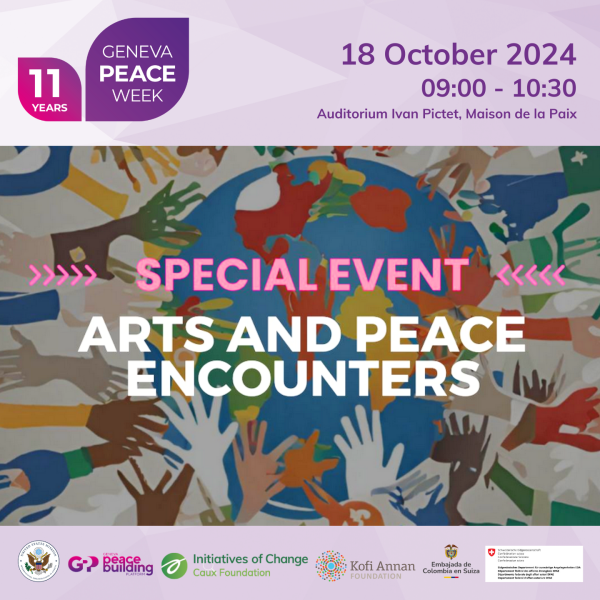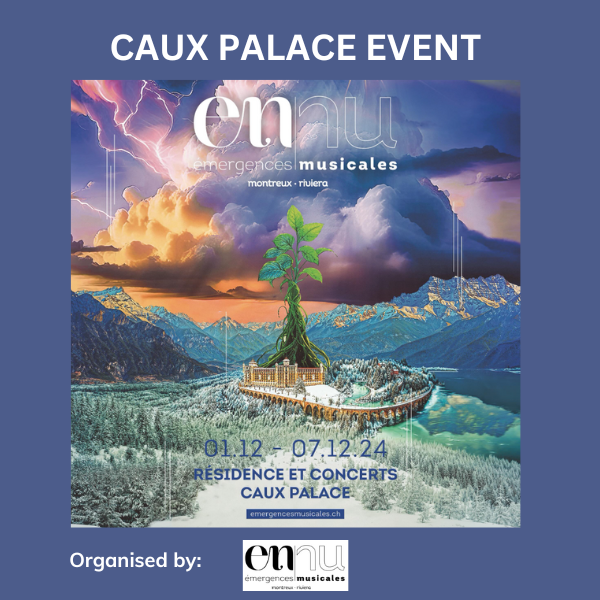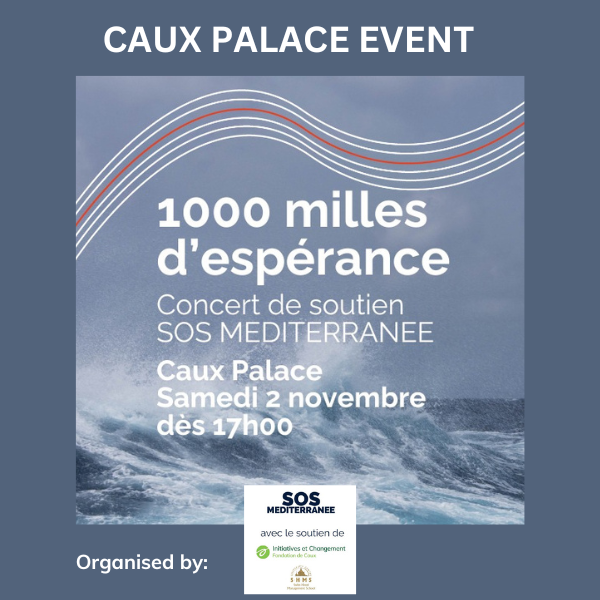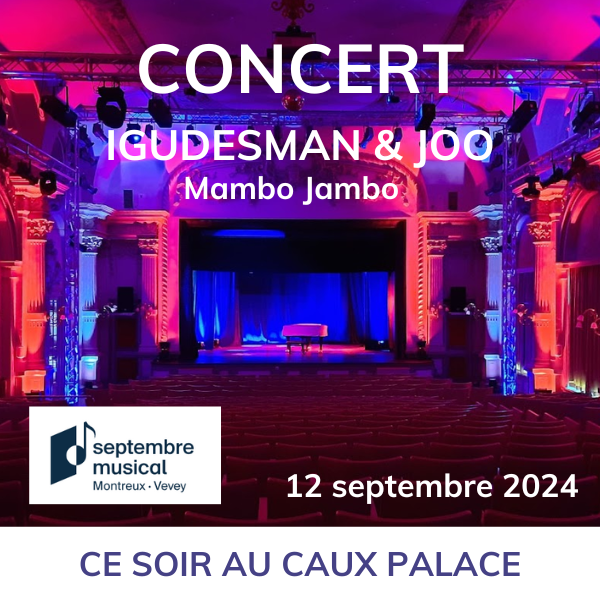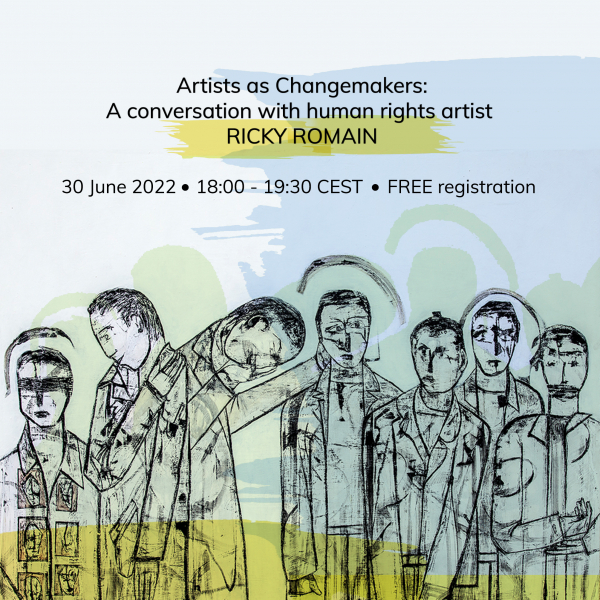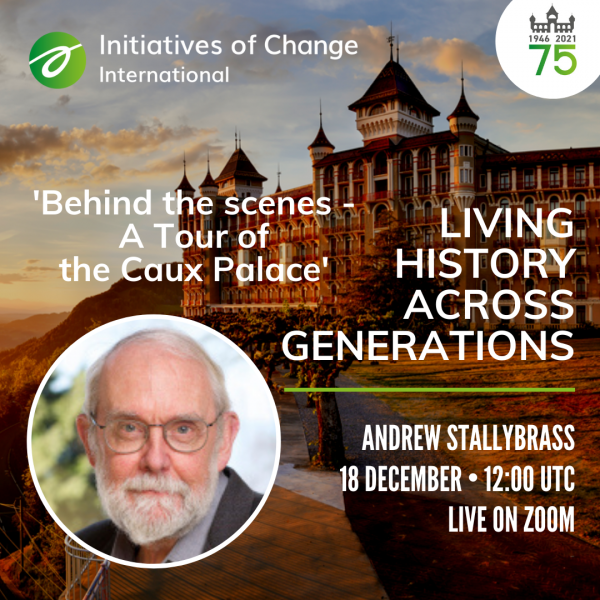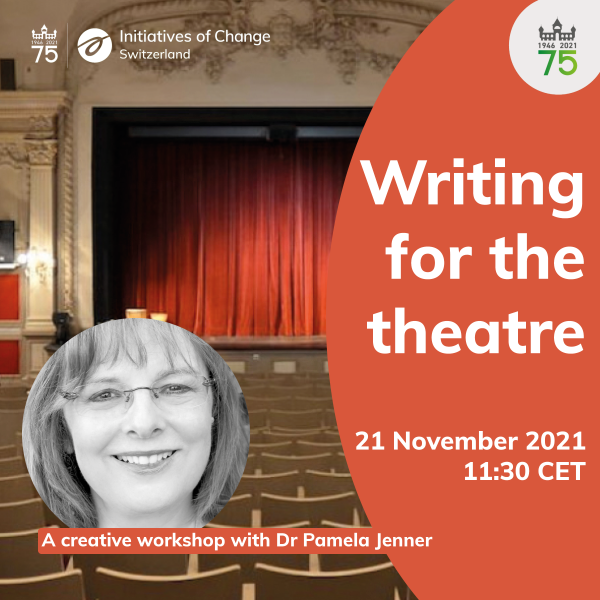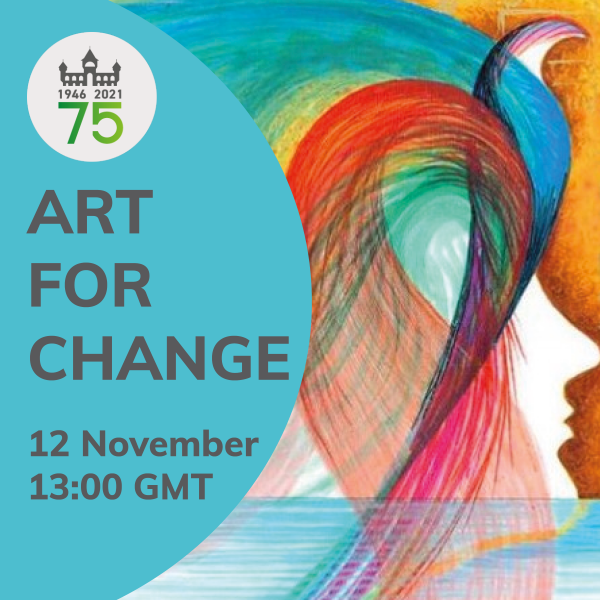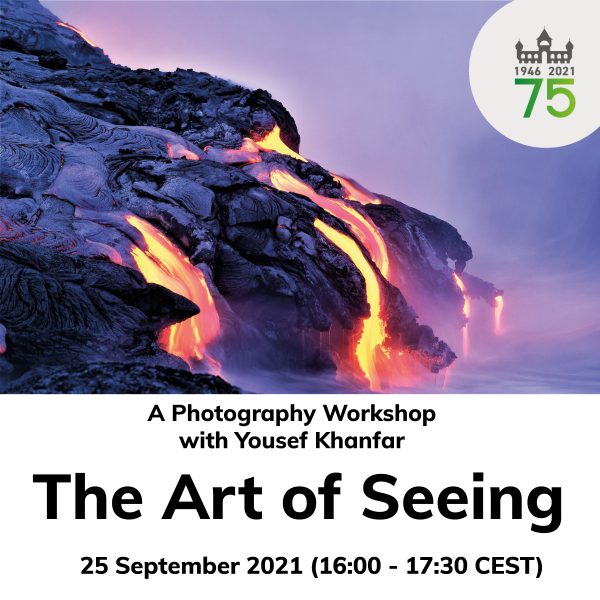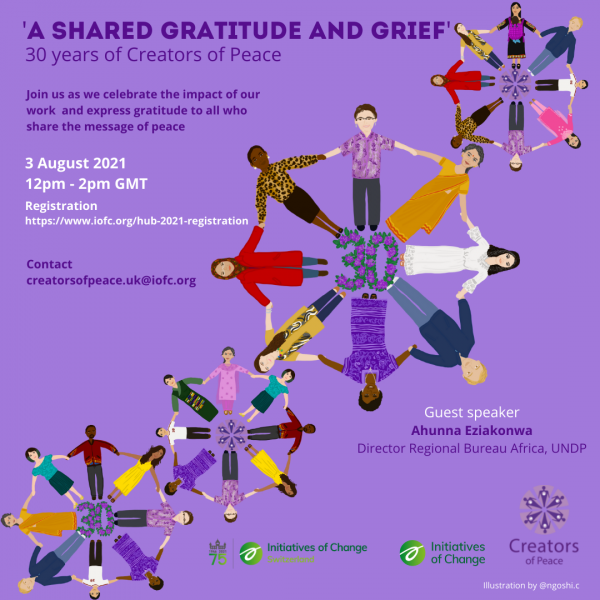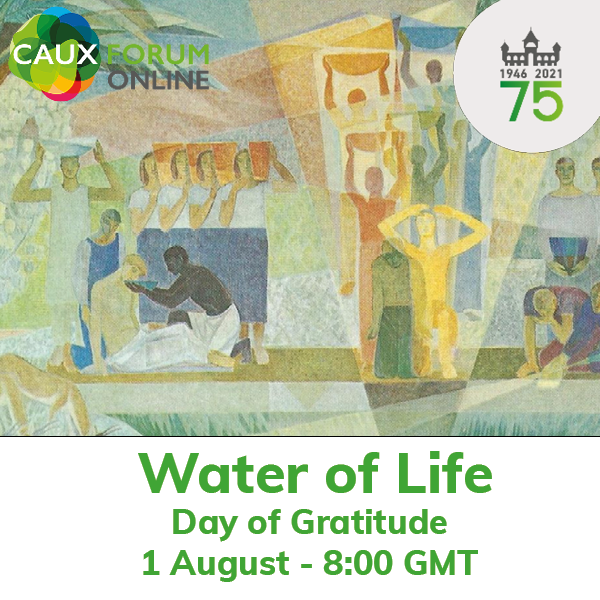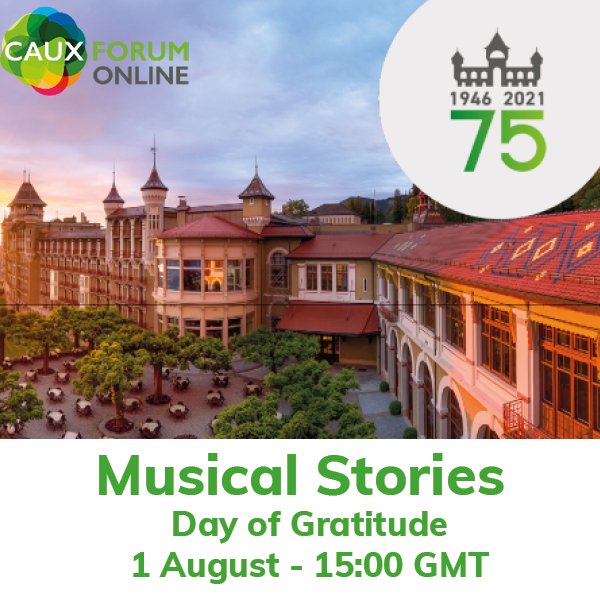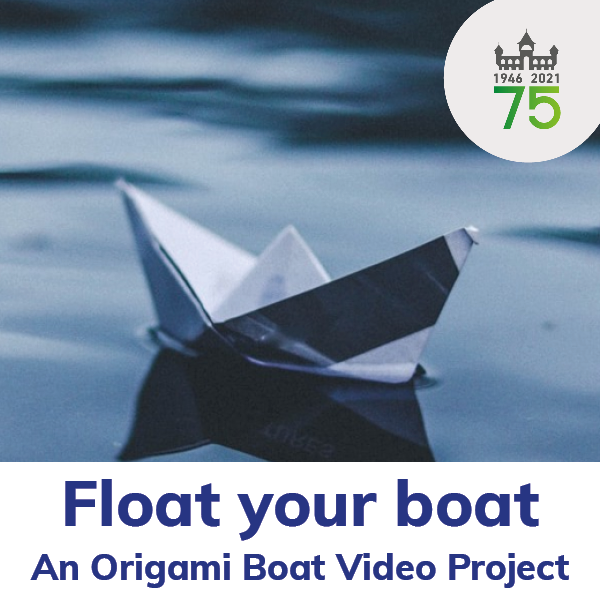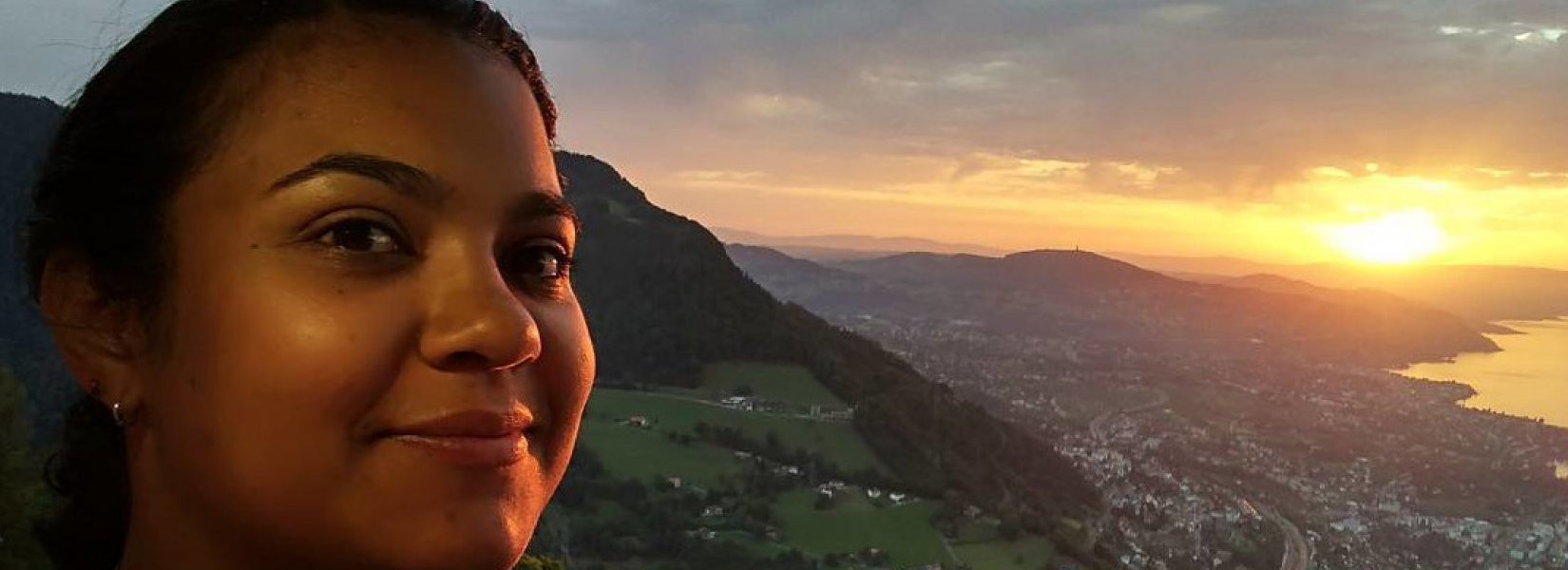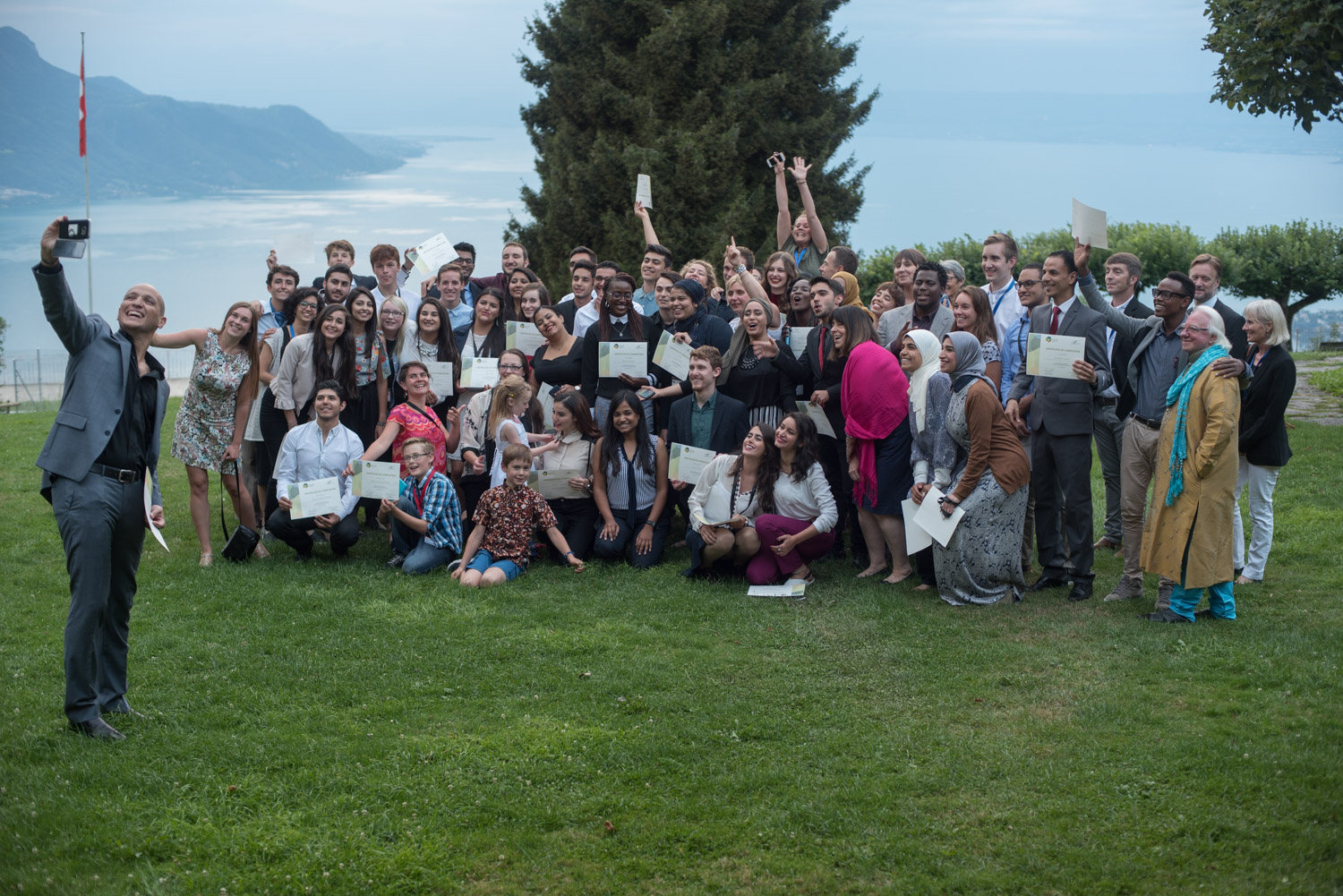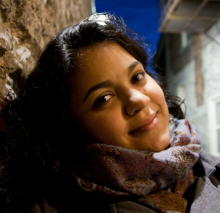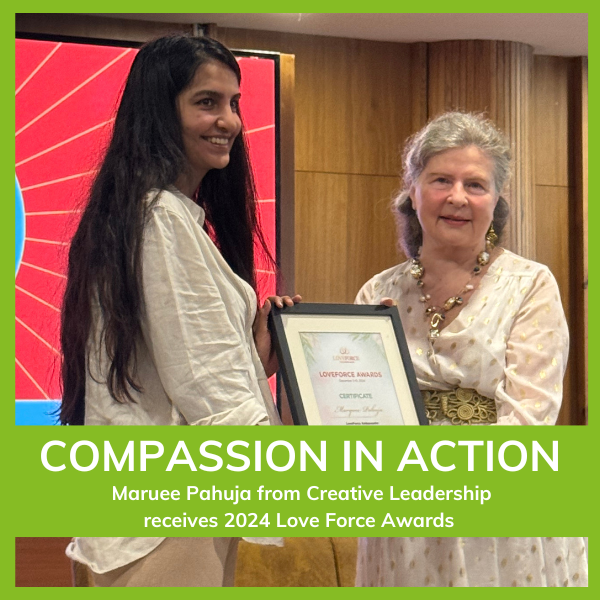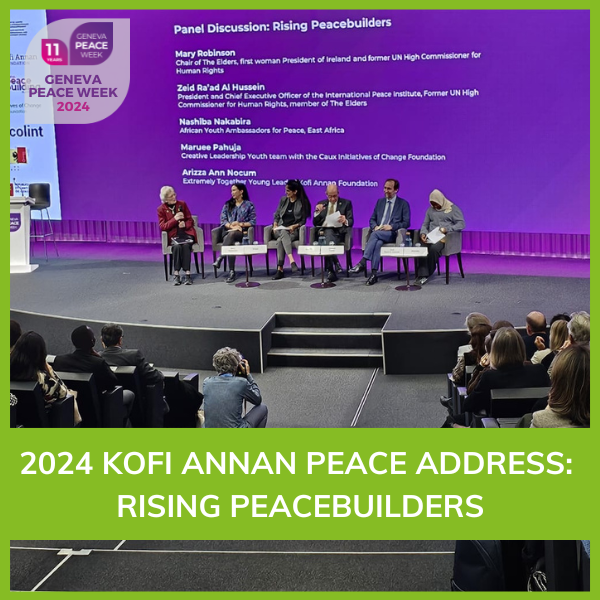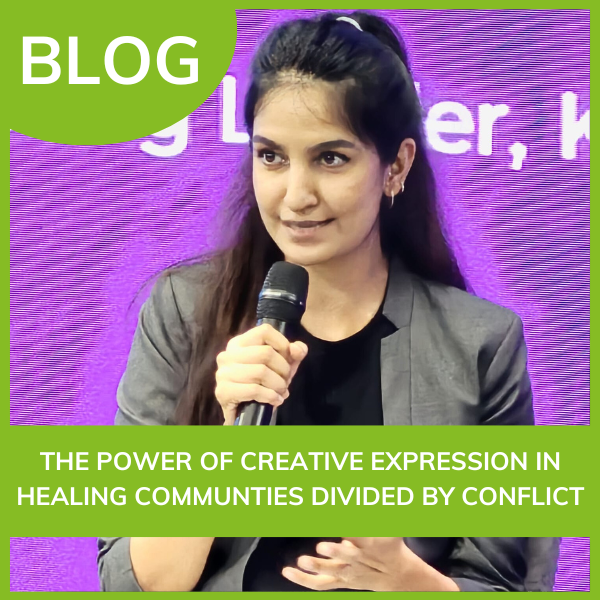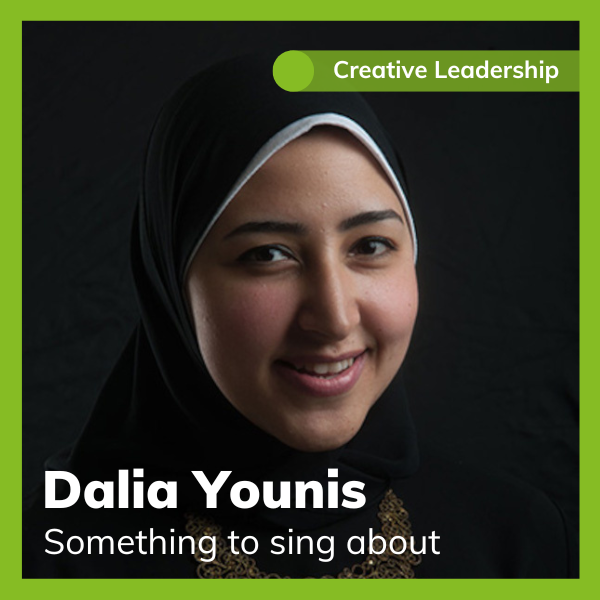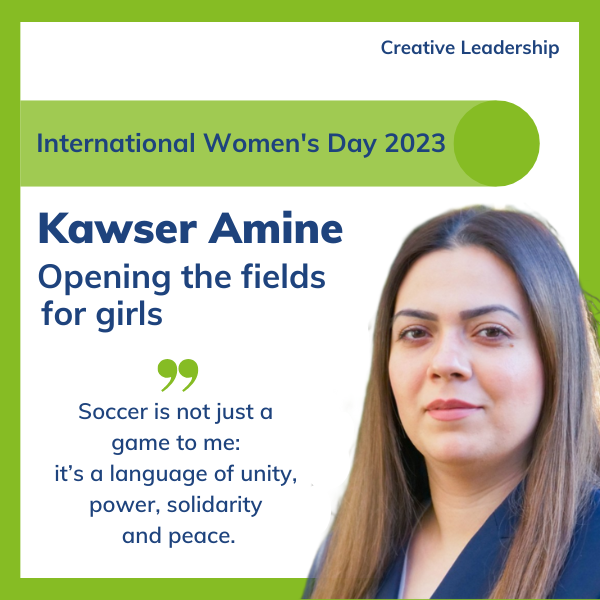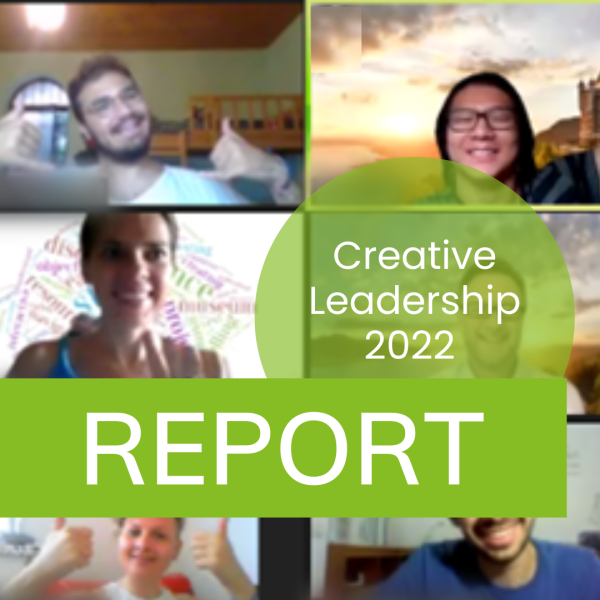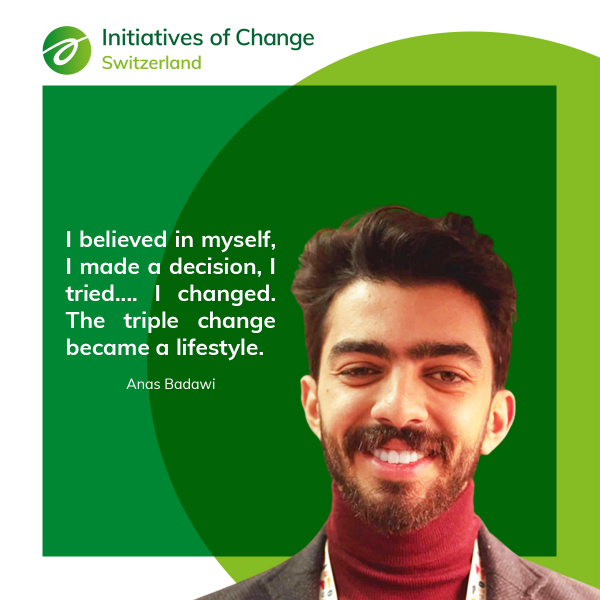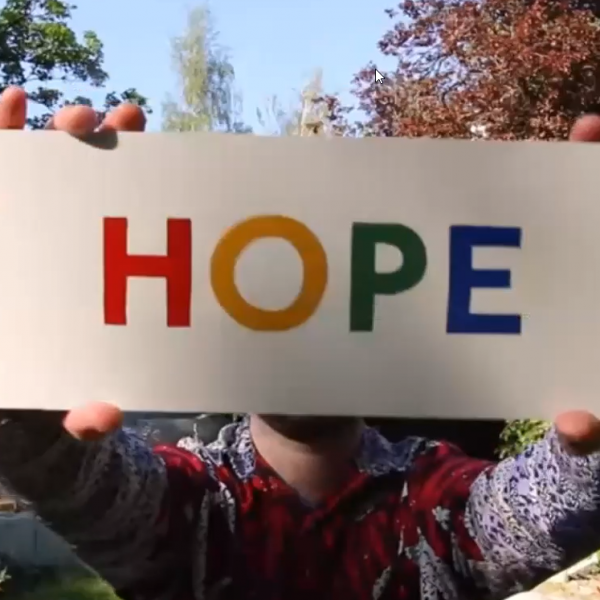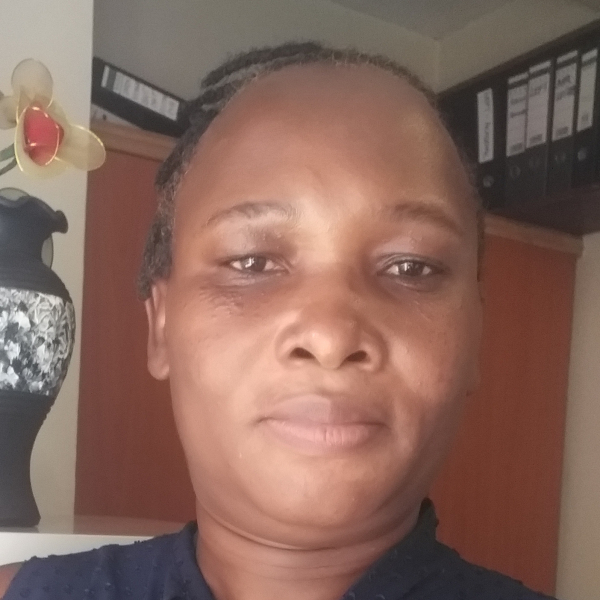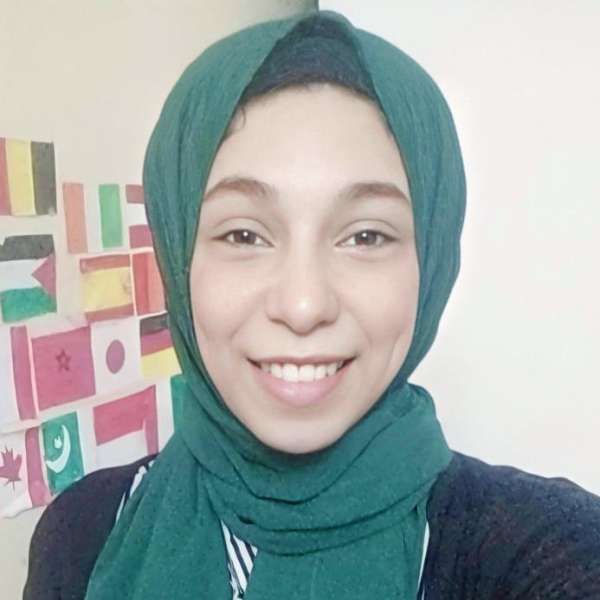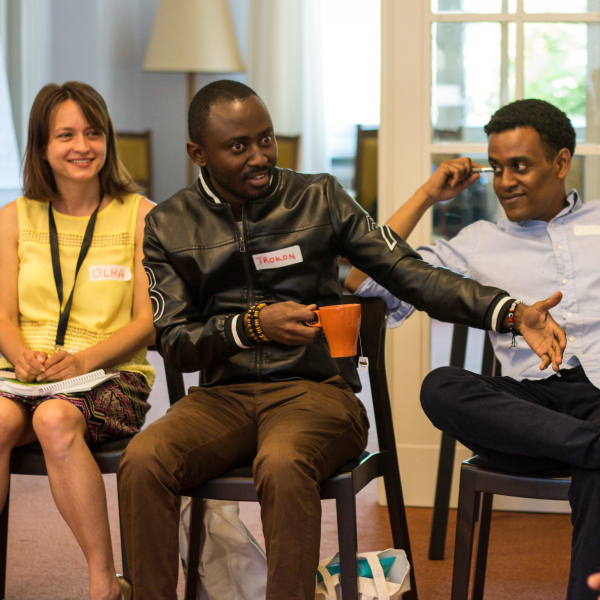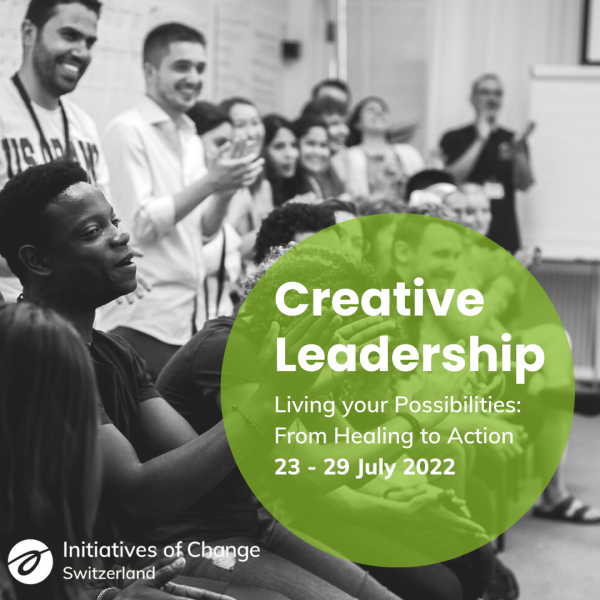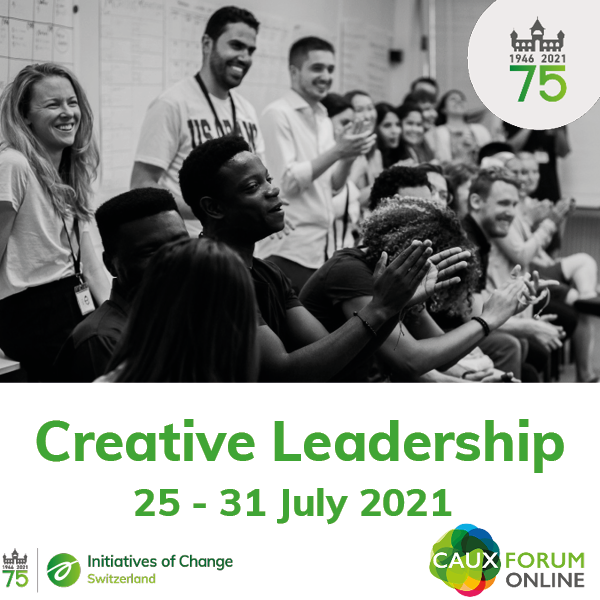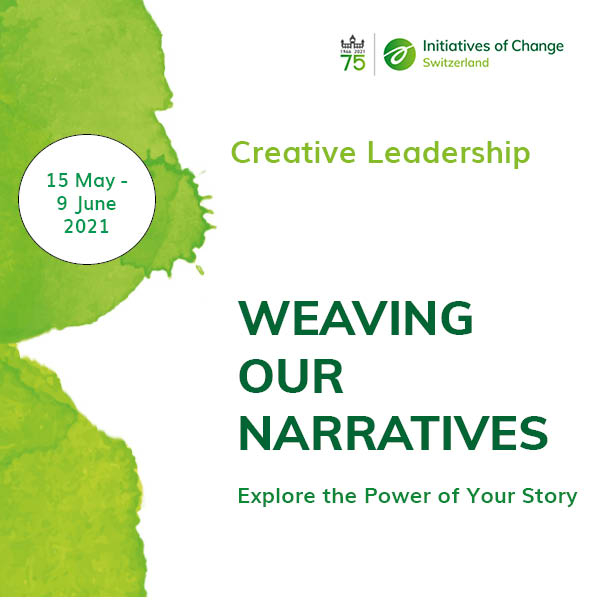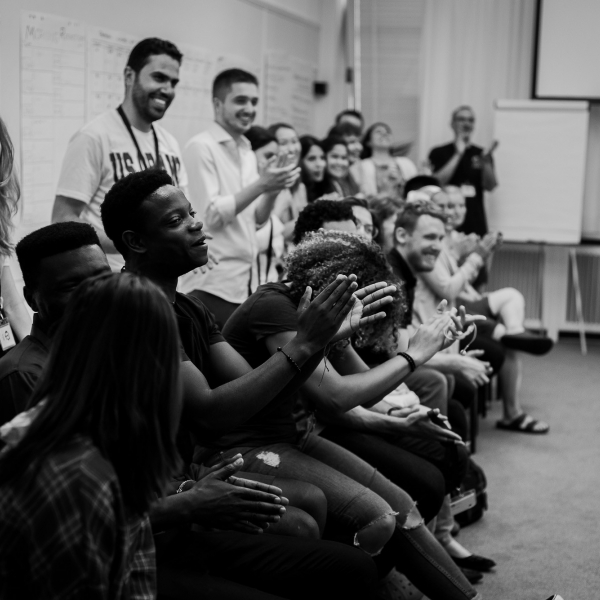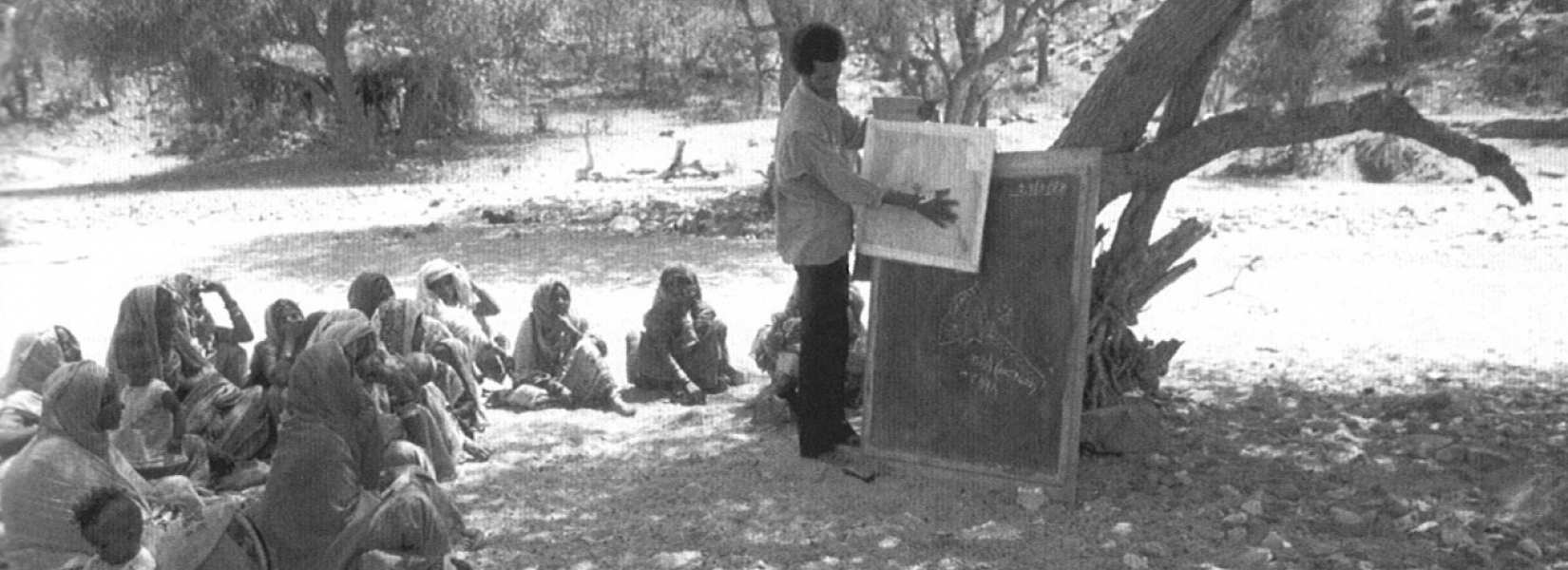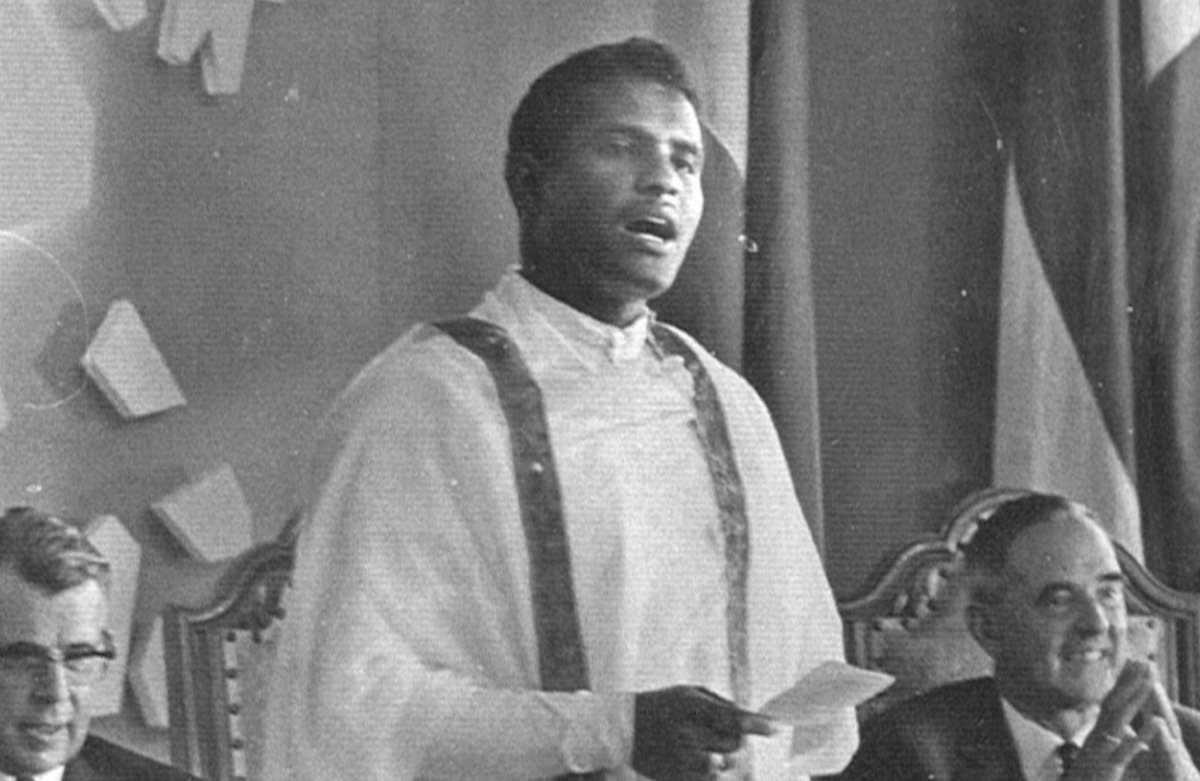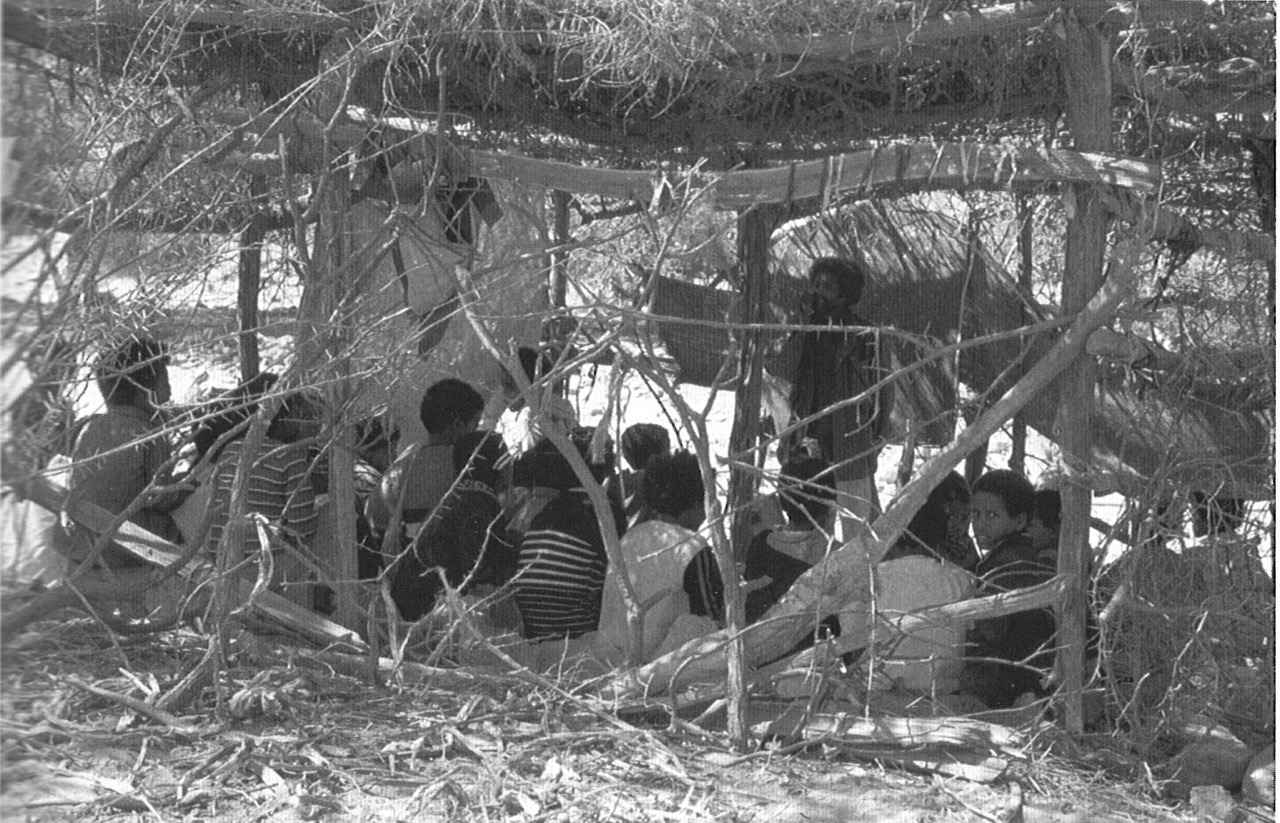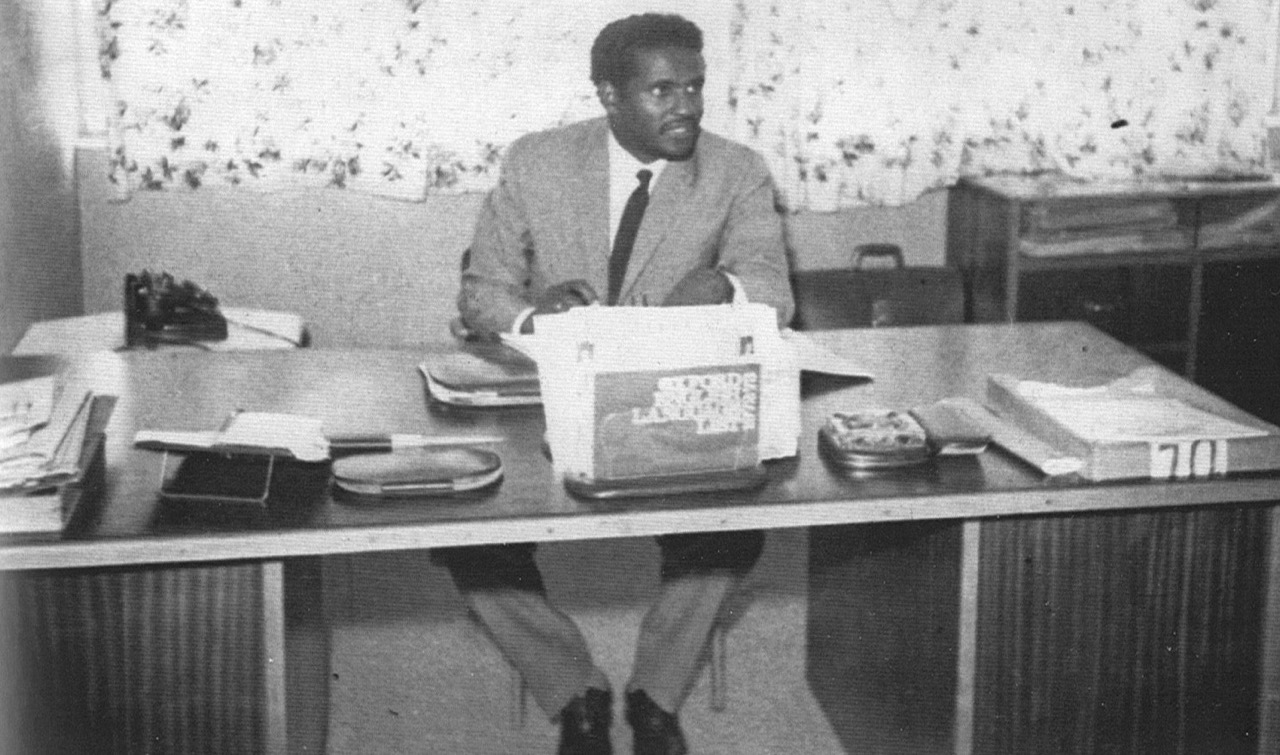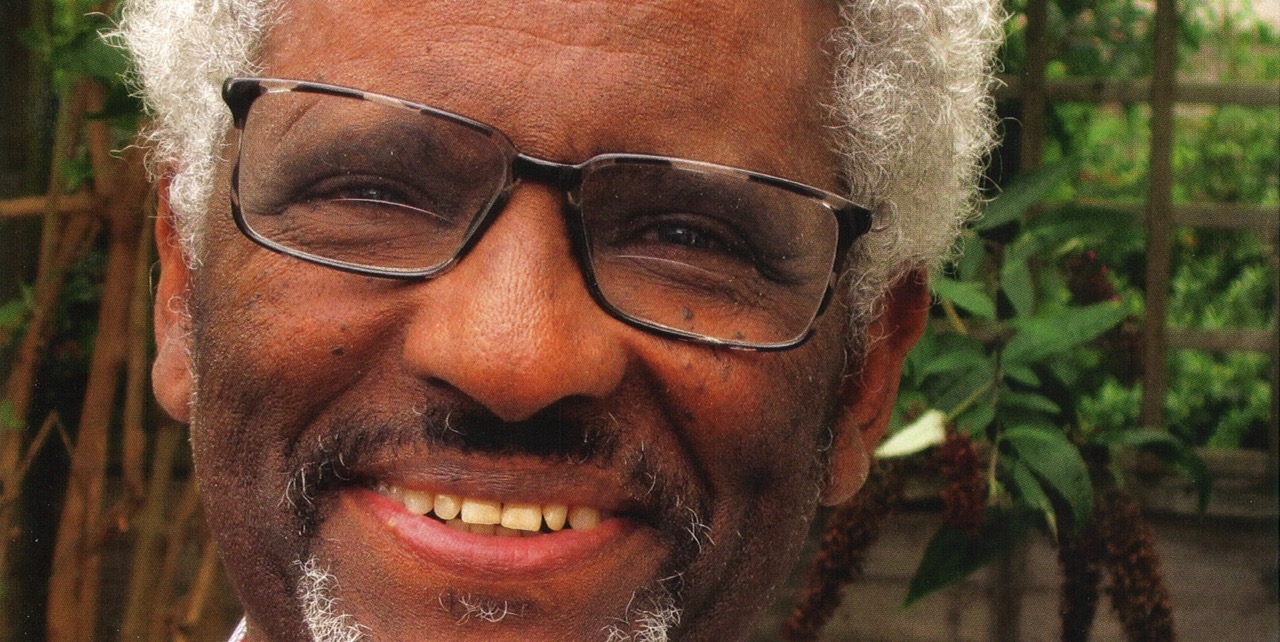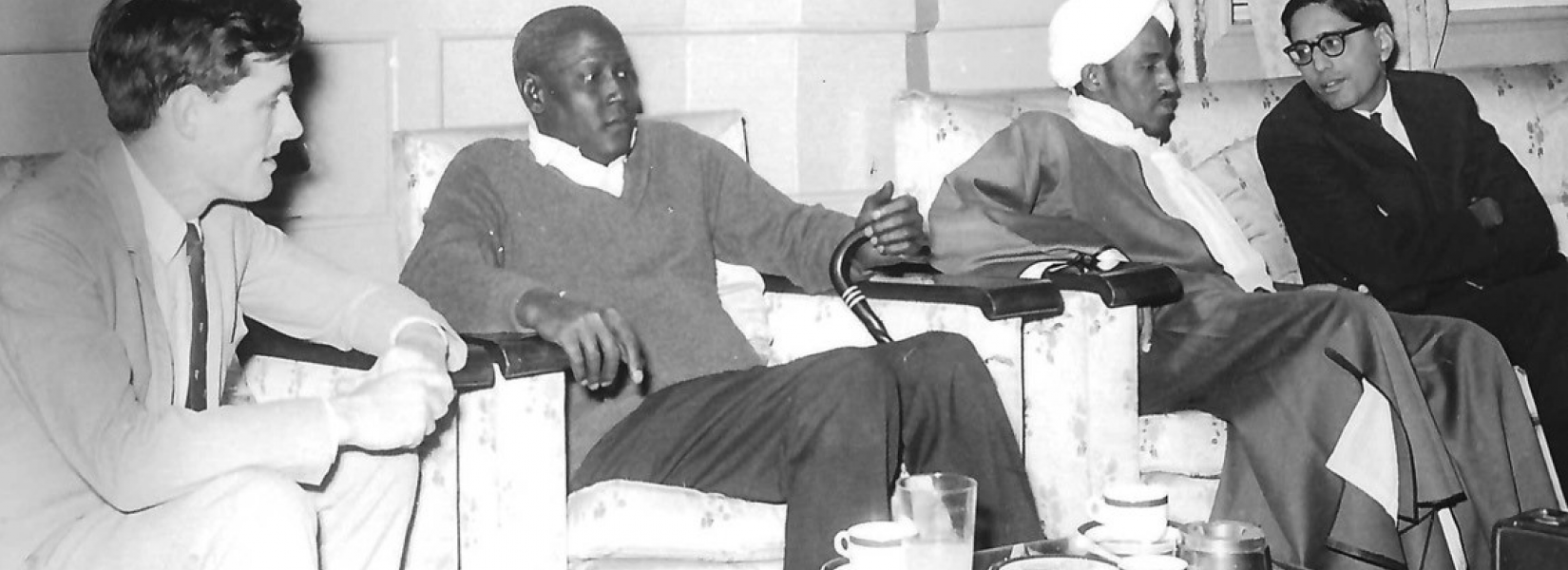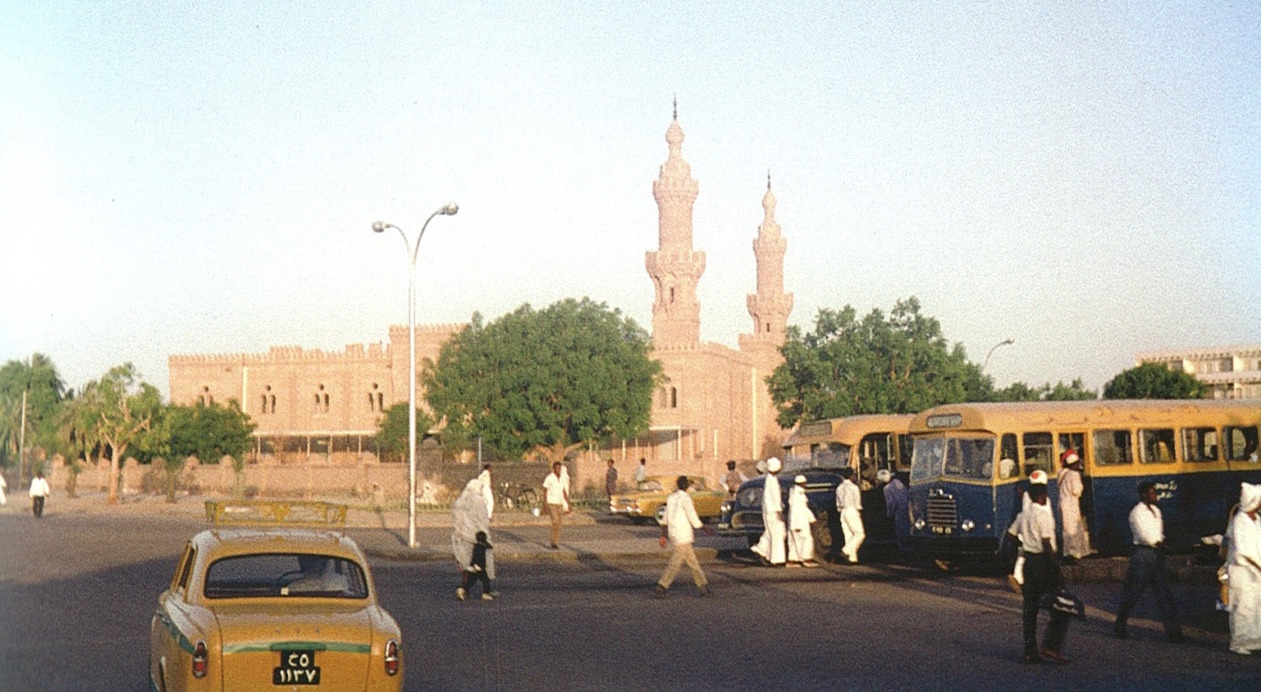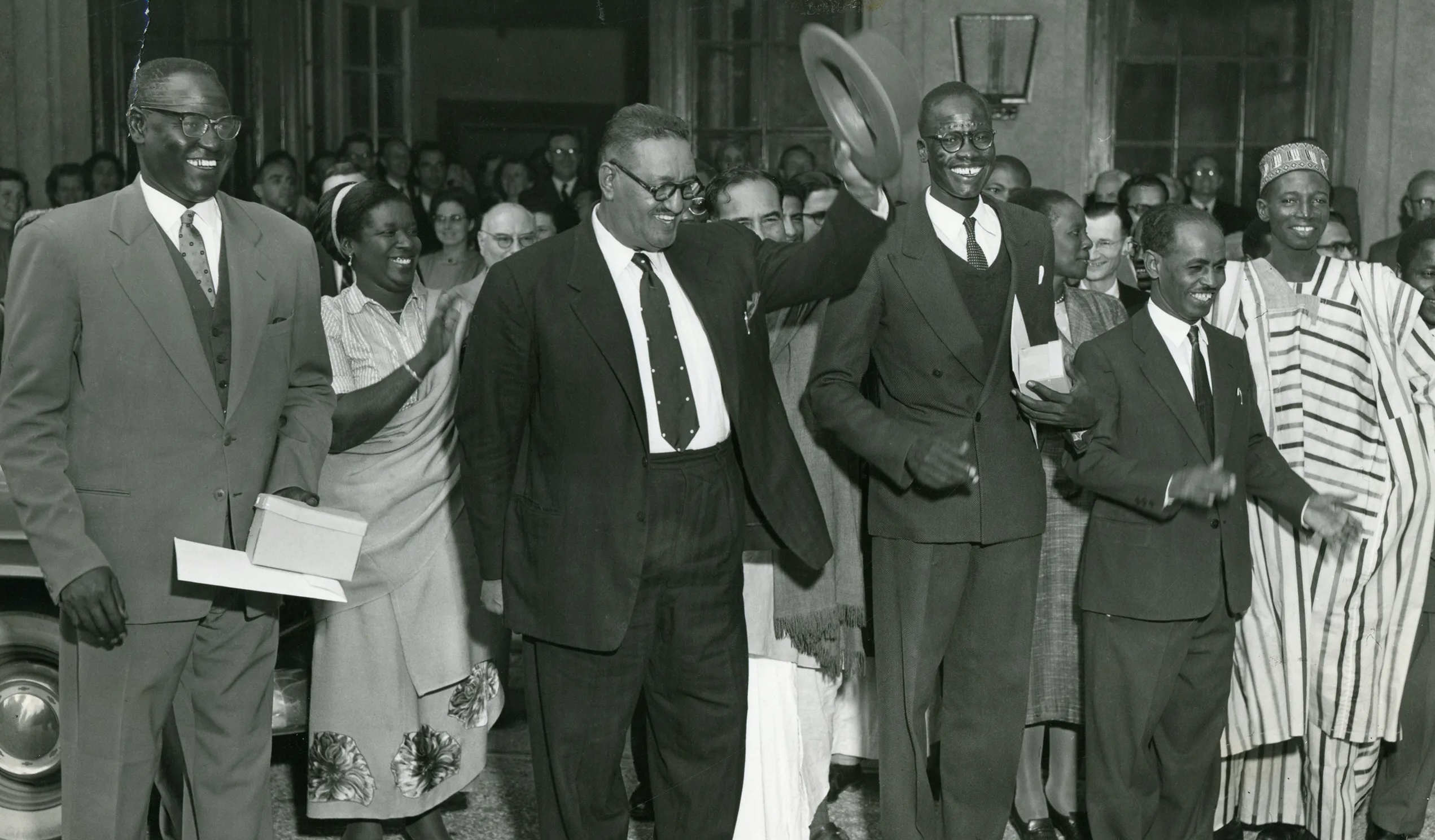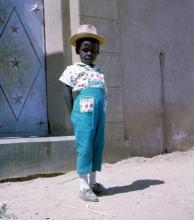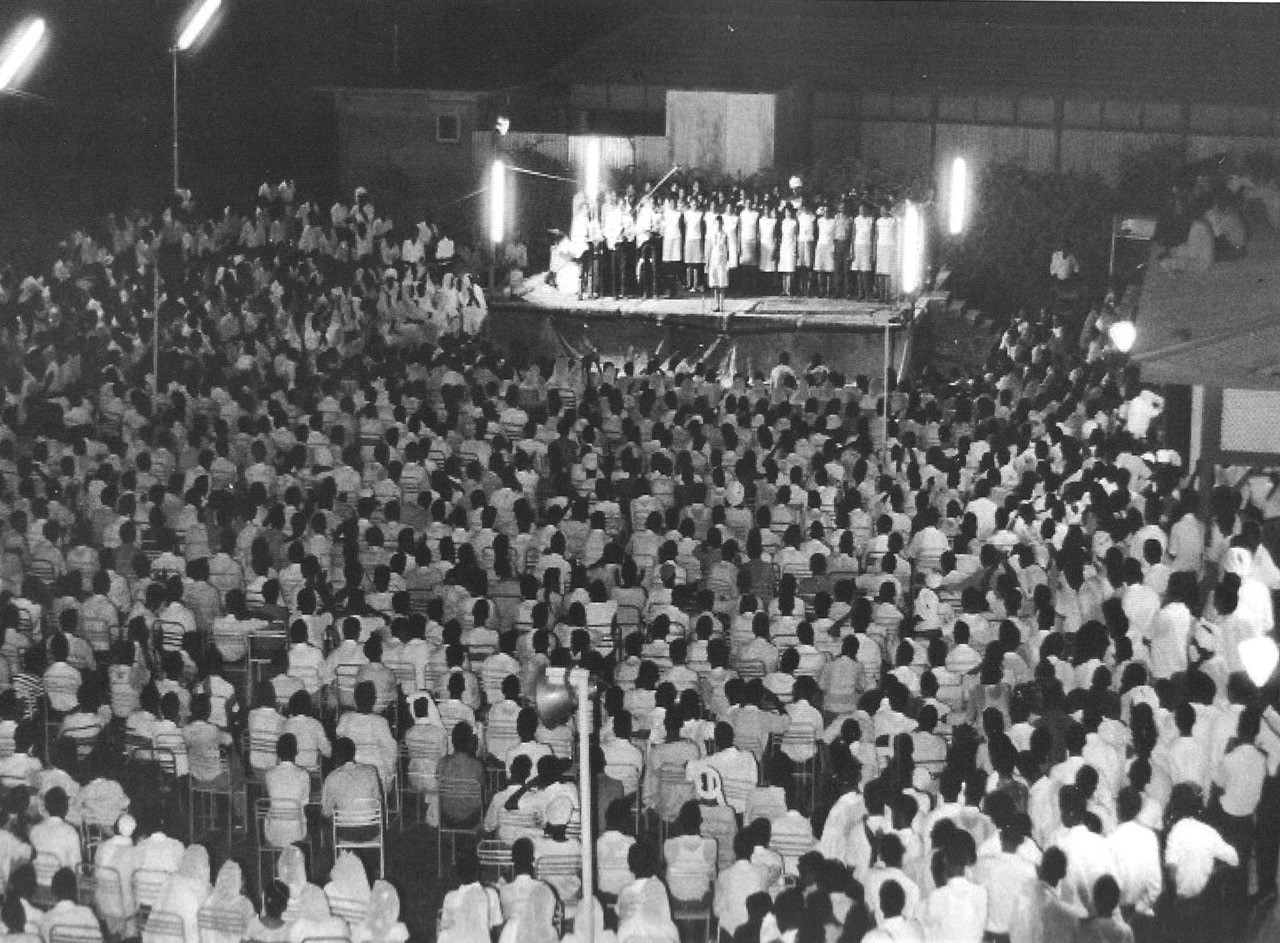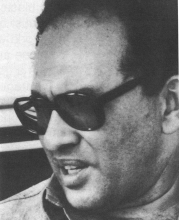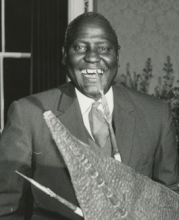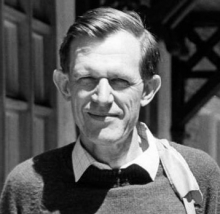Empowering women to enter the market
By Karina Cheah
21/06/2021
The Co-founder of Zimba Women, Peace Kuteesa, is passionate about providing women with the tools and resources to participate in their economies and develop their communities. She spoke at last year’s Ethical Leadership Roundtable on ‘Innovation and Entrepreneurship: building resilience in the economy and society’, which was part of the Caux Forum Online 2020. The roundtable examined context-specific challenges and solutions, how entrepreneurship can bridge the digital divide and the importance of innovation in different fields.
Zimba Women, which provides women with access to business skills and training, sits right at the heart of these elements of entrepreneurship. Its goal is to engage women’s active participation and provide them with access to markets. Kuteesa and her co-founder first connected on Facebook, in a group where young mothers encouraged one another to share and sell their products. As the group grew, some of the women launched their own businesses, and Kuteesa and her co-founder decided to create a formalized version of the group, which came to be known as Zimba Women. They felt that the best way they could use their computer engineering backgrounds was to help women who did not understand or have access to technology.
Since its launch, Zimba Women has worked with over 10,000 women in Uganda, Rwanda and Kenya to connect them with other female entrepreneurs and teach them such skills as basic accounting and social media management. It has just launched its e-commerce site, to help the women they have mentored to develop and sell their products. ‘We want to ensure that women are able to participate in the economic development of their countries or communities,’ Kuteesa explained. ‘When you empower these women economically, you help them develop their communities.’
We want to ensure that women are able to participate in the economic development of their countries or communities.
Kuteesa first participated in Ethical Leadership in Business in 2019. The experience has been invaluable, she said, ‘because it has given [Zimba Women] the visibility we are looking for’. The Caux Forum enabled her to hear how other entrepreneurs had overcome their community’s challenges and developed sustainable and resilient economies – one of ZimbaWomen’s key goals. Kuteesa loved the time given to personal connection and self-reflection: she explains that it allows her to prepare for the day ahead by truly getting in touch with herself.
Kuteesa’s goal is for Zimba Women to be Africa’s biggest e-commerce site for women by 2025, with at least five million women equipped with business and technology skills. She explained that it is often difficult for women in Africa to physically access markets, whether because of unsafe routes or high transportation costs. Technology could empower them to participate in the economy. ‘Tech perspective and the training to use it [the technology] allows them to tread wherever they wish to be internationally,’ she said.
You are interested in the topic of ethical leadership in business? Discover this year's Caux Forum Online event Initiatives of Change Business & Economy (12 + 13 July 2021) and register now!
Watch the roundtable discussion with Peace N. Kutseeba
Photo top: https://www.zimbawomen.org/gallery
